Speakers
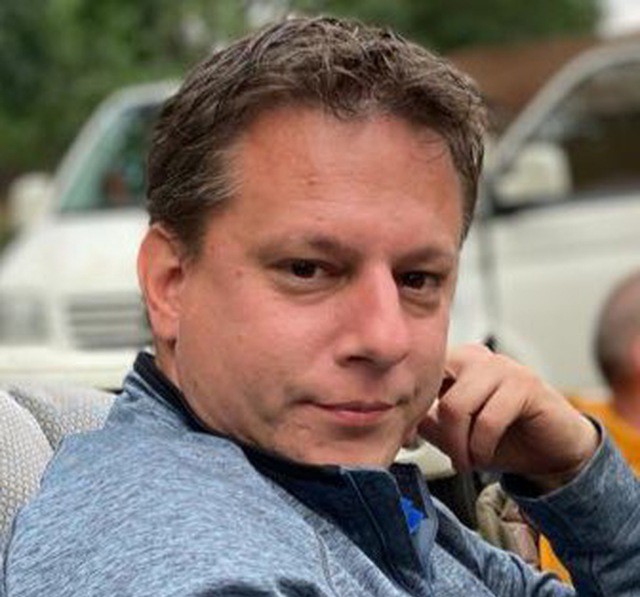
Melchior
Aelmans
Panel 1: Goals and strategies for quantum internet protocol framework: current and future
Melchior Aelmans is Chief Architect at Juniper Networks where he works closely with many operators on the design and evolution of their networks. He has over 15 years of experience in various operations and engineering positions with Cloud Providers, Data Centers, and Service Providers. He enjoys talking about and working on routing protocols, routing security, network architectures and quantum internet. He also participates in IETF and RIPE, is a regular attendee and presenter at conferences and meetings, is a member of the NANOG Program Committee, Steering Committee member at MANRS and a board member at the NLNOG Foundation.
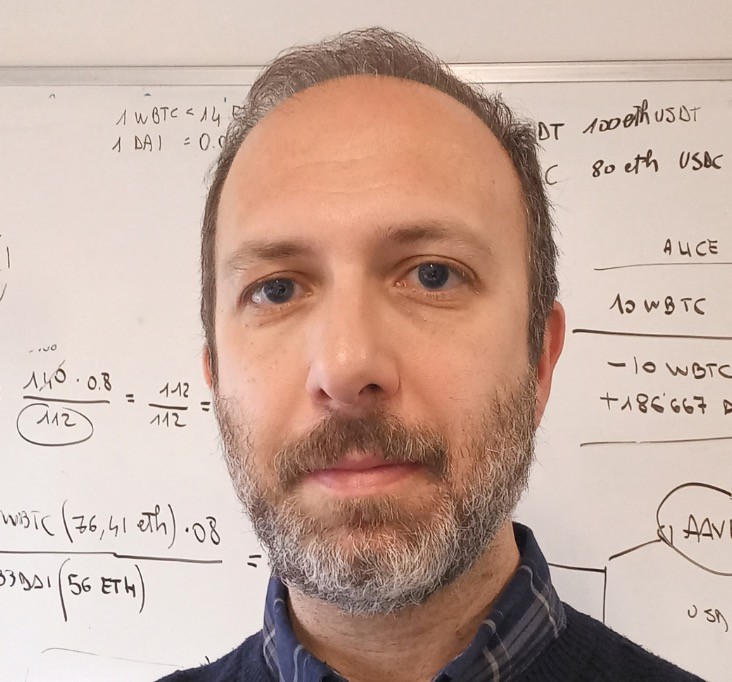
Michele
Amoretti
Panel 1: Networked QCs: What technologies do we need?
Panel 1: The Quantum Internet: Chapter One
Michele Amoretti is an Associate Professor of Computer Engineering at the University of Parma (Italy), where he leads the Quantum Software Laboratory (QSLab) in the Department of Engineering and Architecture. He is the Principal Investigator of the University of Parma’s research unit involved in the “Quantum Internet Alliance” project funded by the European Union – Horizon Europe – Quantum Flagship initiative. He is also involved as a researcher in the “National Quantum Science and Technology Institute (NQSTI)”, funded by the European Union – Next Generation EU. He is a member of the Italian delegation in CEN/CENELEC’s JTC 22 “Quantum Technologies”.
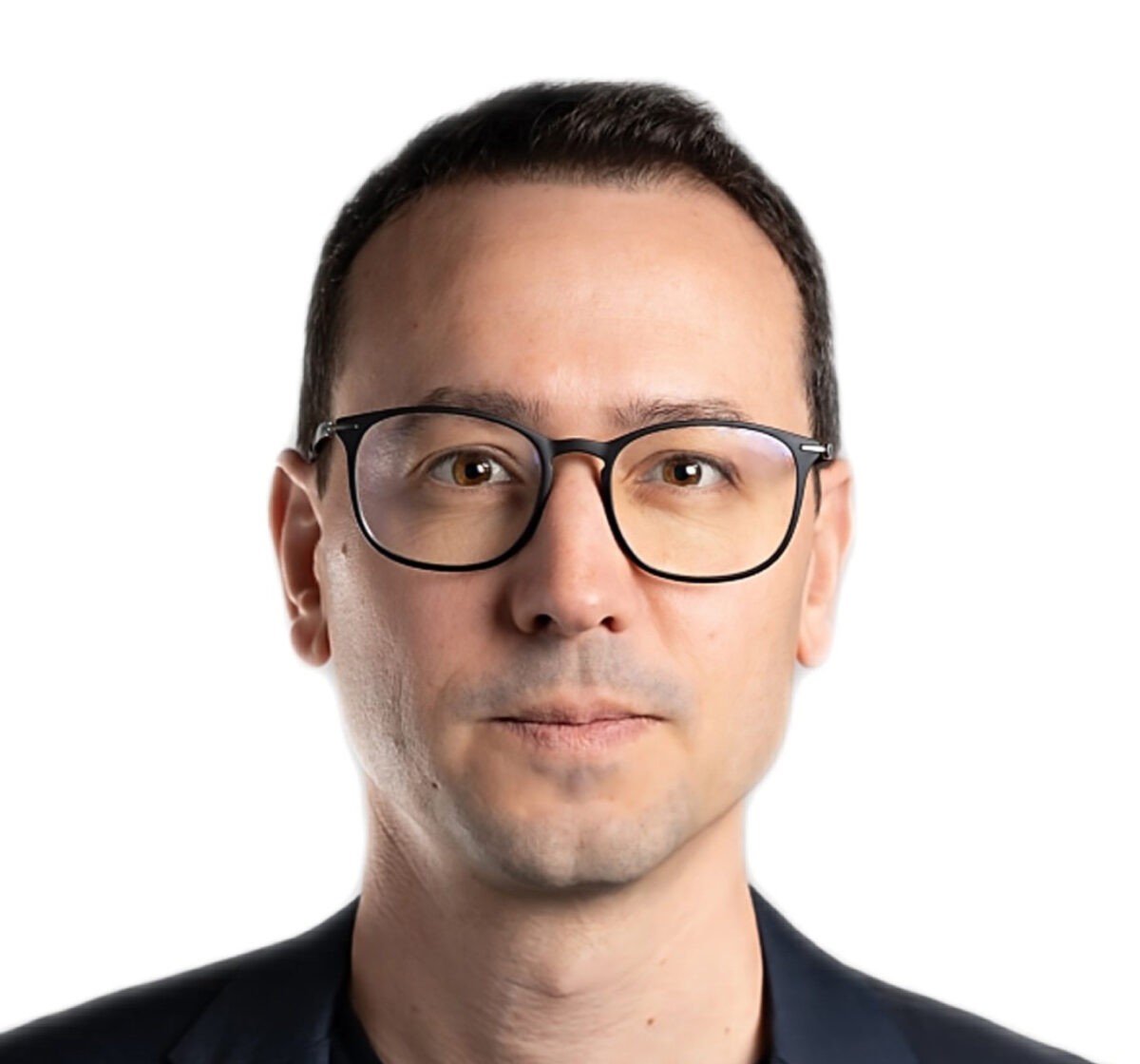
Pere
Arque Castells
Talk 1: Tracking technologies in quantum computing: patent and startup landscaping
Pere Arque-Castells is an economist with a specialization in innovation, currently leading the Legal and Innovation Policies Stream at the EPO’s Observatory on Patents and Technology. He has a rich academic background, having served as an Assistant Professor in the Innovation Management and Strategy department at the University of Groningen, a Research Associate at Northwestern University’s Pritzker School of Law, and a Postdoctoral Researcher at the Universitat Autònoma de Barcelona. Pere holds an MSc in Economics from the London School of Economics and a Ph.D. in Economics from the Universitat de Barcelona. His research on innovation economics has been featured in numerous peer-reviewed journals.
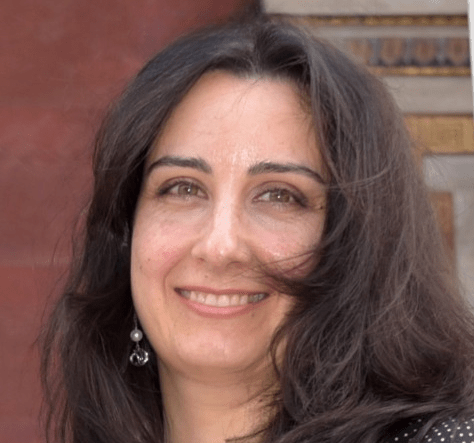
Evangelia
Athanasaki
Panel 2: Quantum technology programs and testbeds: Europe and the EU
Dr. Evangelia Athanasaki holds the position of deputy director of European Infrastructures and Projects at GRNET. Since 2005 she is being involved in the management and implementation of several EU and national research projects, in the area of Quantum Communication Infrastructure (QCI), High Performance Network Connectivity, High Performance Computing (HPC), Cloud and Grid infrastructure. She received her Diploma in Electrical and Computer Engineering, 2002 (3rd place distinction) and her PhD in Computer Architecture (Simultaneous Multithreading/Multicore Architectures), 2006, from the National Technical University of Athens.
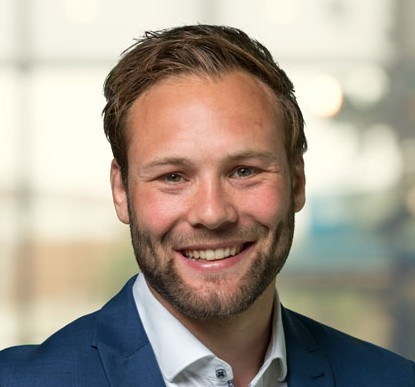
Thomas
Attema
Panel 1: Mitigating the risk of quantum computers to cryptography
Thomas Attema is a senior cryptologist in the Applied Cryptography and Quantum Applications department of TNO. He is additionally a member of the cryptology group of CWI, the Dutch research center for mathematics and computer science. He obtained his PhD from the Mathematical Institute at Leiden University, and his research focuses on the design of cryptographic techniques to harness data in a privacy-preserving manner and to protected against quantum adversaries.
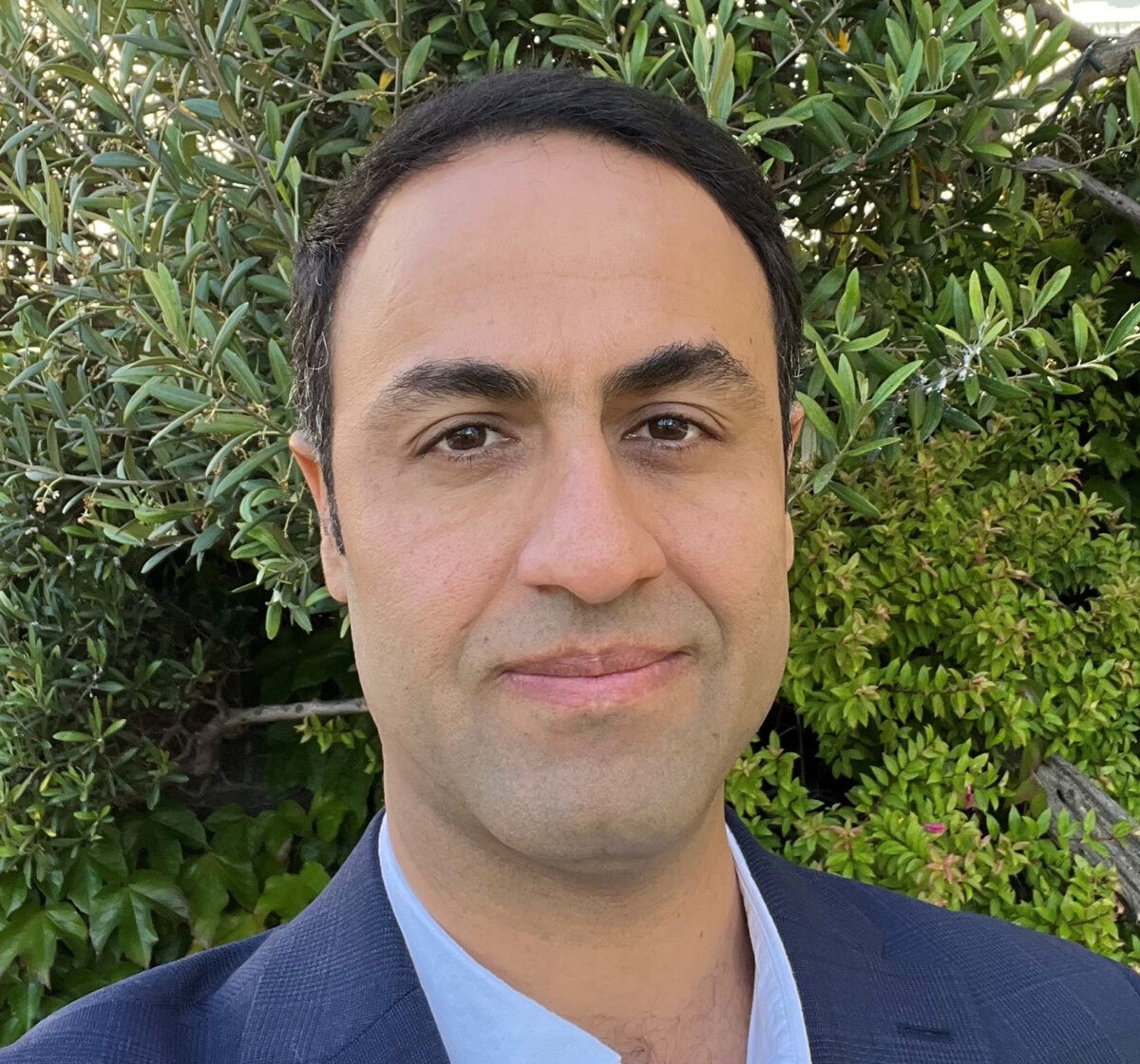
Reza
Azarderakhsh
Talk 1: Post-quantum cryptography in IoT
Dr. Reza Azarderakhsh is the CEO and Founder of PQSecure with the main focus on development of quantum-safe cryptographic solutions for tomorrow’s data today in-transit, at-rest, and in-use. Dr. Azarderakhsh is well-known fo the development of several cryptographic algorithms and architecture for various applications. He published more than 100 papers in journals and conferences on applied cryptography.
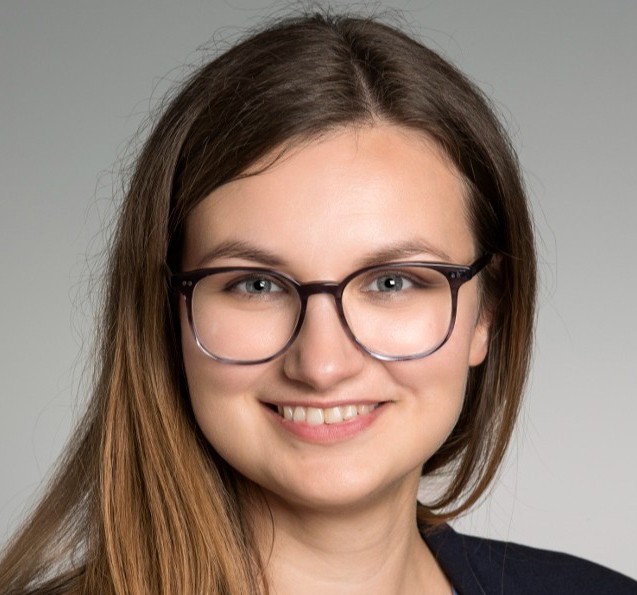
Kasia
Balakier
Session 5: The promise of space in the quantum internet
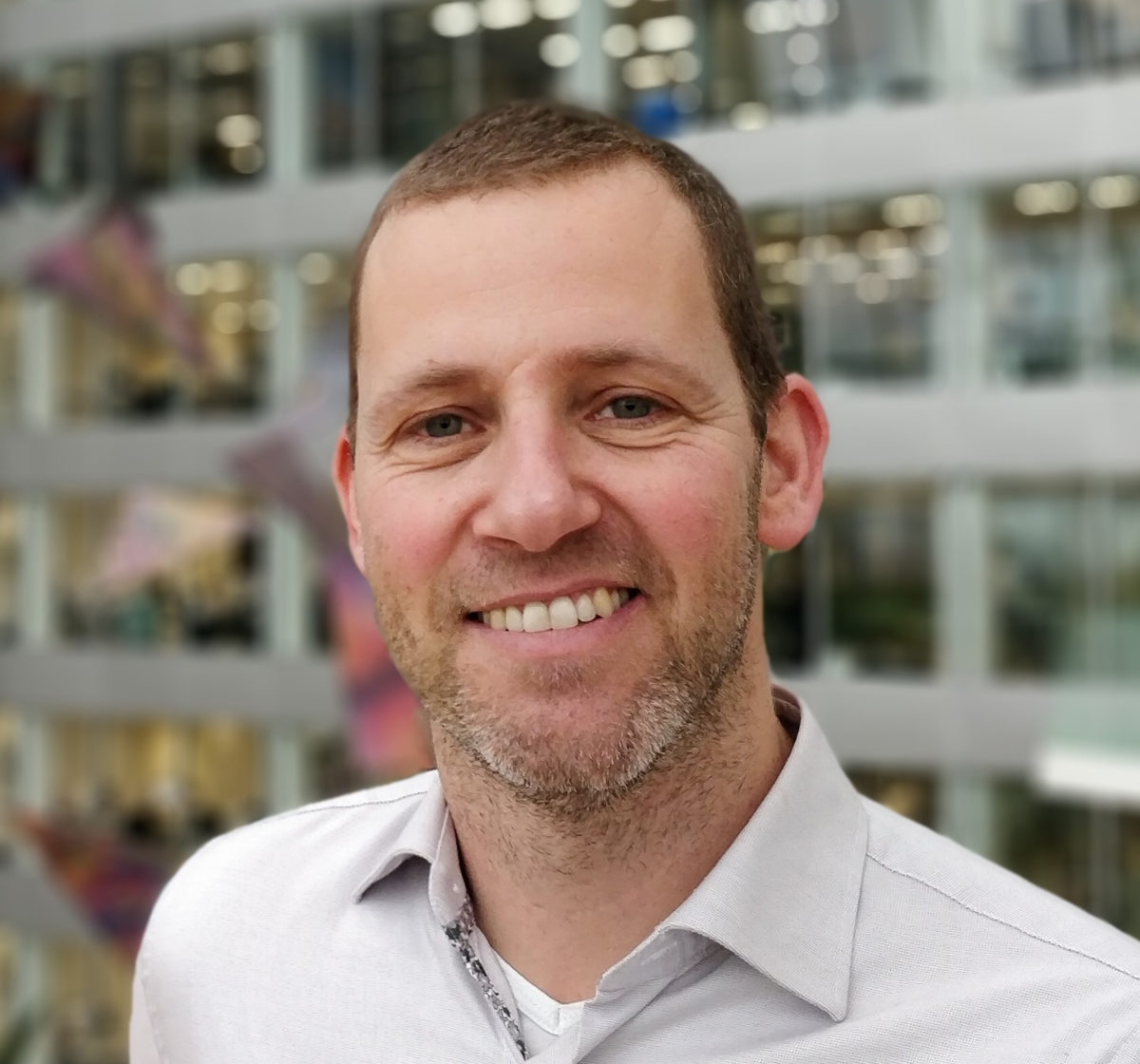
Itan
Barmes
Panel 1: Mitigating the risk of quantum computers to cryptography
Itan leads the cryptography and quantum security capability at the cyber team of Deloitte NL, and a project fellow at the World Economic Forum. His team focuses on the various aspects of cryptography management such as PKI, certificate lifecycle management, cryptographic key management and quantum risk.
Itan has a PhD in experimental physics from the VU university in Amsterdam. He feels most comfortable dealing with complex and novel challenges, and enjoys explaining difficult topics in an understandable way. Itan publishes regularly on topics such as quantum cybersecurity and blockchain and presents regularly in external events.
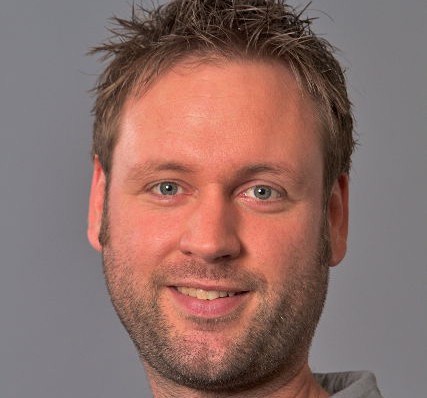
Joppe
Bos
Talk 2: Embedded PQC
Panel 1: Mitigating the risk of quantum computers to cryptography
Joppe W. Bos is a technical director and cryptographic researcher at the Competence Center for Cryptography and Security at NXP Semiconductors, where he’s the technical lead of the Post-Quantum Cryptography team and manages the Crypto Concepts team. Joppe is a co-author of the post-quantum secure CRYSTALS-Kyber key encapsulation mechanism, which has been selected by NIST for standardization. He served from 2017 to 2022 as the Secretary of the International Association for Cryptologic Research (IACR), is the co-editor of the IACR Cryptology ePrint Archive and serves as one of the Editor-in-Chiefs for the IACR Communications in Cryptology. Previously, he was a post-doctoral researcher in the Cryptography Research Group at Microsoft Research, Redmond, USA. He obtained his PhD in the laboratory for cryptologic algorithms at EPFL, Lausanne, Switzerland under supervision of Prof. Arjen Lenstra in 2012.
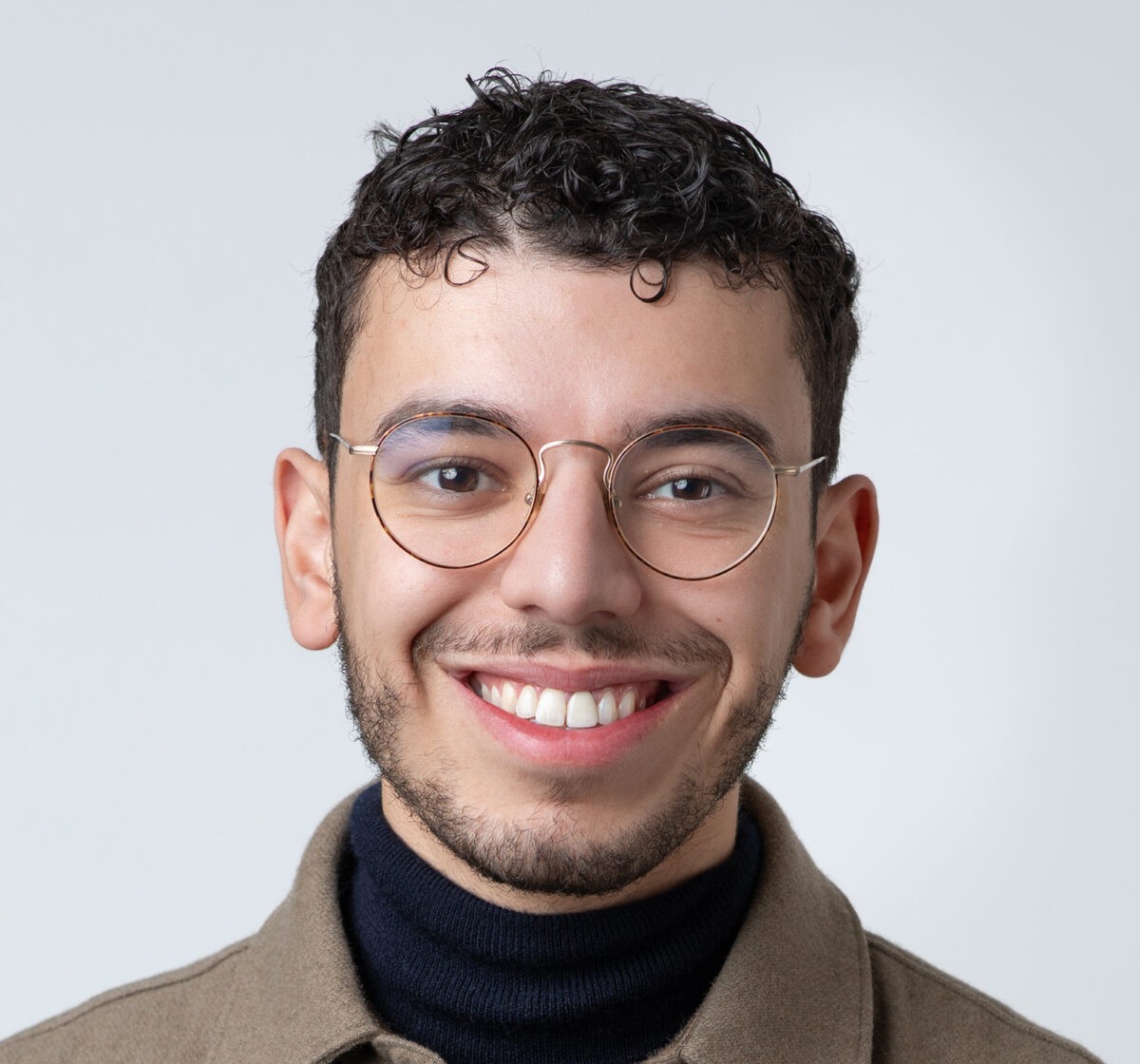
Kenzo
Bounegta
Panel 2: Emerging quantum network industries
Kenzo is Chief of Staff of Welinq. He was previously General Manager of Le Lab Quantique and founder of Les Maisons du Quantique at STATION F, the first French physical place to bring together 10 startups and 7 corporates. He joined Welinq to support the team in scaling up operations and the company.
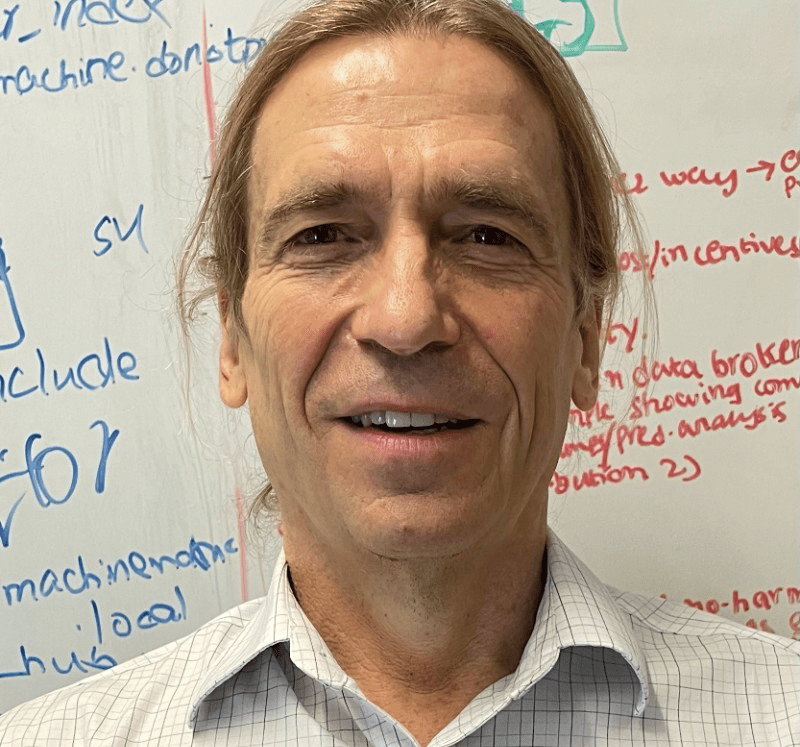
Robert
Broberg
Roundtable on US testbeds
Talk: Advances in quantum networking worldwide
During Robert’s 38-year industrial career Robert has made significant contributions to the developing internet in all layers of the TCP/IP model. While at Cisco Robert led the development and deployment of the first internet optical transport links that were integrated into existing telecommunication infrastructure. Robert holds numerous patents, published numerous papers and led 3 academic-industrial research programs that have led to multi-billion-dollar businesses.
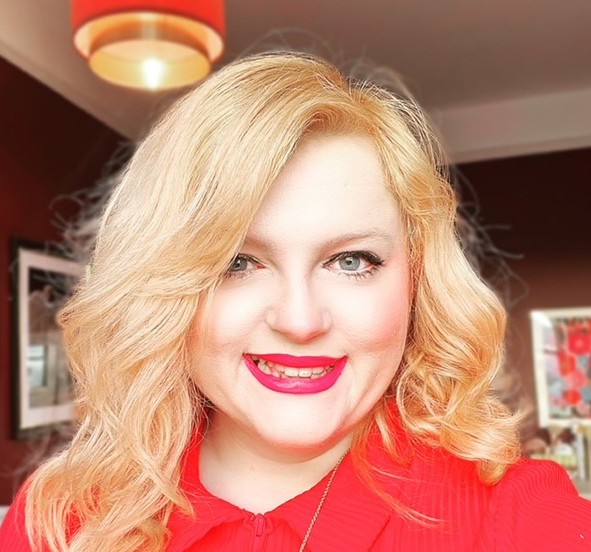
Kimberley
Brook
Panel 1: Quantum accelerators
Kimberley has been supporting the creation and development of high growth deep technology businesses since 2016 where she first started training entrepreneurs through the Quantum Technology Enterprise Centre. She is now the Director of SETsquared Bristol, an inclusive incubator which enables entrepreneurs to realise their ambition for their technology businesses.
Outside of incubation support, her and her team continue to support students, researchers and the wider public on their journey to commercialisation of new disruptive technologies through bespoke training initiatives which seek to inspire future entrepreneurs, facilitate the ideation process and support new venture creation.
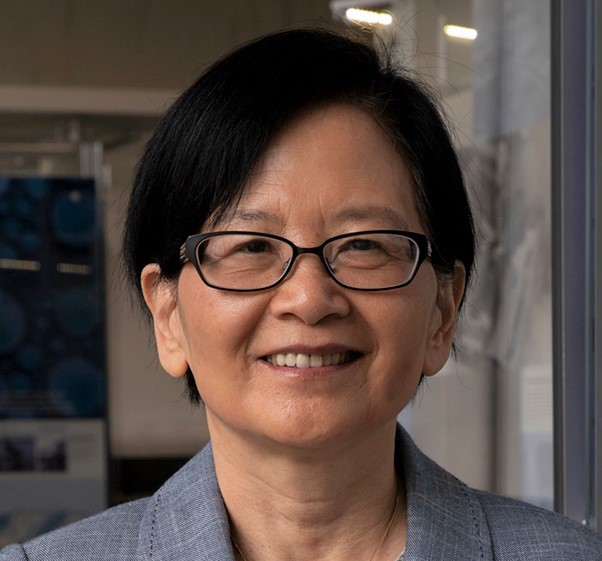
Lily
Chen
Talk: NIST, PQC and the Future
Dr. Lily (Lidong) Chen is a mathematician and NIST fellow. She served as the manager of Cryptographic Technology Group for more than ten years before she became a NIST fellow in 2023. She has led the effort in developing cryptographic standards published in Federal Information Processing Standards (FIPS) and NIST Special Publications (SP). She is a pioneer and lead in developing post-quantum cryptography standards and has been actively explored many advanced cryptography areas for standardization. Her research interests include cryptography, network security, and security in communications. Dr. Chen has actively contributed to cryptographic and security standards development by IEEE-SA, ISO, and other standards organizations. The book “Communication System Security” she co-authored has been used as textbook by many universities.
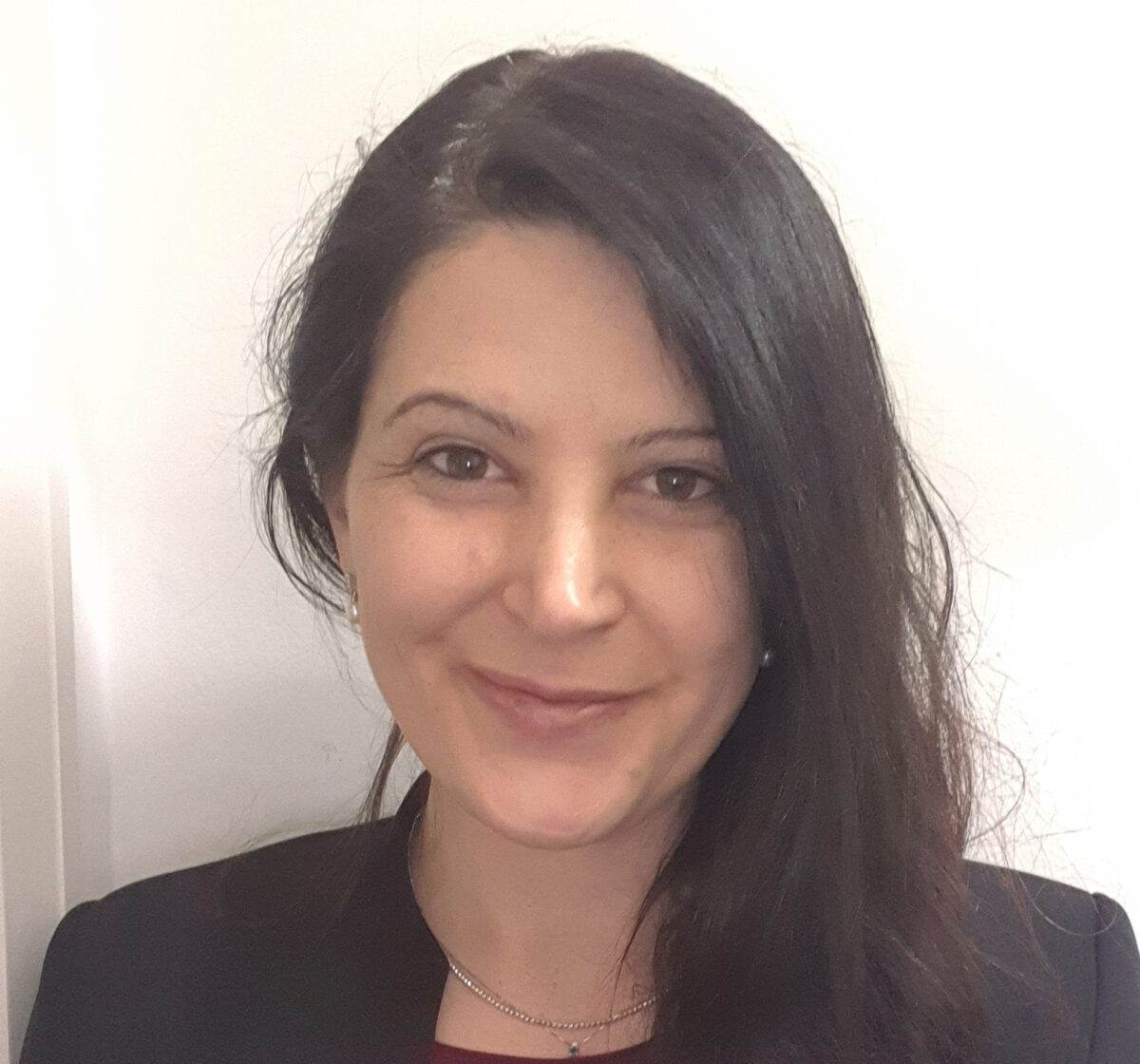
Fabiana
Da Pieve
Roundtable: The evolution of QKD
Dr. Fabiana Da Pieve received her PhD in Physics in Rome in 2006, with a thesis on the decoherence in continuous-variables entanglement. She did several postdocs covering fundamental aspects in quantum mechanics and correlations in many-body systems, then evolving to the topic on how correlations affect the response of materials to space radiation. She led her own team and a H2020 consortium on modelling materials for space applications and then she moved to the European Institutions, first working for the European Research Council and now in the field of quantum technologies and post-quantum cryptographic at the Directorate General for Communications Networks, Content, and Technology.
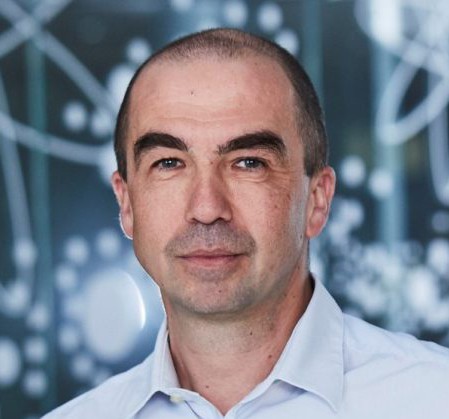
Hugues
de Riedmatten
Panel 1: Quantum network node: status of the technology
Panel 3: Quantum Network Enabling Technologies
Member of the European Quantum Internet Alliance Executive Team, Hugues de Riedmatten is an ICREA Research Professor and group leader in quantum optics at the Institute of Photonic Sciences (ICFO) in Barcelona since 2010. He obtained a Masters in Physics from the Swiss Federal Institute of Technology (EPFL) in 1999, and a PhD in experimental quantum optics from the University of Geneva in 2003, for his work on long distance quantum communication in optical fiber. He was then postdoctoral scholar at Caltech, where he worked on linitial demonstrations of quantum networks with cold cold atomic ensembles and single photons. In 2006, he was appointed senior researcher at the Univ. of Geneva, where he led the solid state quantum memory activities. He has published more than 90 articles in peer-reviewed journals and has given over 60 talks, both in international conferences and in invited seminars. He was the recipient of the Barcelona City Prize 2017, of an ERC Starting Grant and of a Frontier Research grant from the US Moore Foundation.
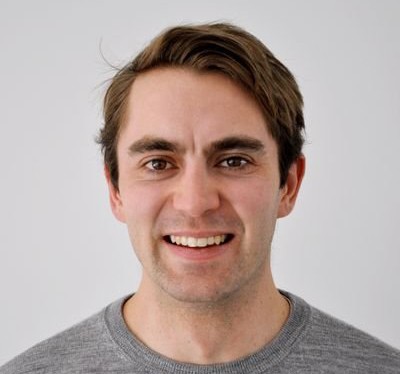
Fokko
de Vries
Panel 1: Networked QCs: What technologies do we need?
Panel 3: Quantum Network Enabling Technologies
As a roadmap leader Fokko is part of Qblox’ strategic team that takes care of the product planning and management. Within this role he is responsible for business development as well as engaging with the scientific community. He specializes in the quantum network area, for example through leading the development of the Qblox quantum control stacks within the european Quantum Internet Alliance.

Stephen
DiAdamo
Panel 1: Goals and strategies for quantum internet protocol framework: current and future
Stephen DiAdamo is a Research Scientist at Cisco Systems in the Cisco Quantum Lab group, focusing on quantum network design, protocols, and software. He has a bachelor’s of computer science from the University of Toronto and master’s of mathematics at the Technical University of Munich in Germany. He continued with his doctoral studies in electrical engineering at the TU Munich, with a focus on quantum networks and simulation.
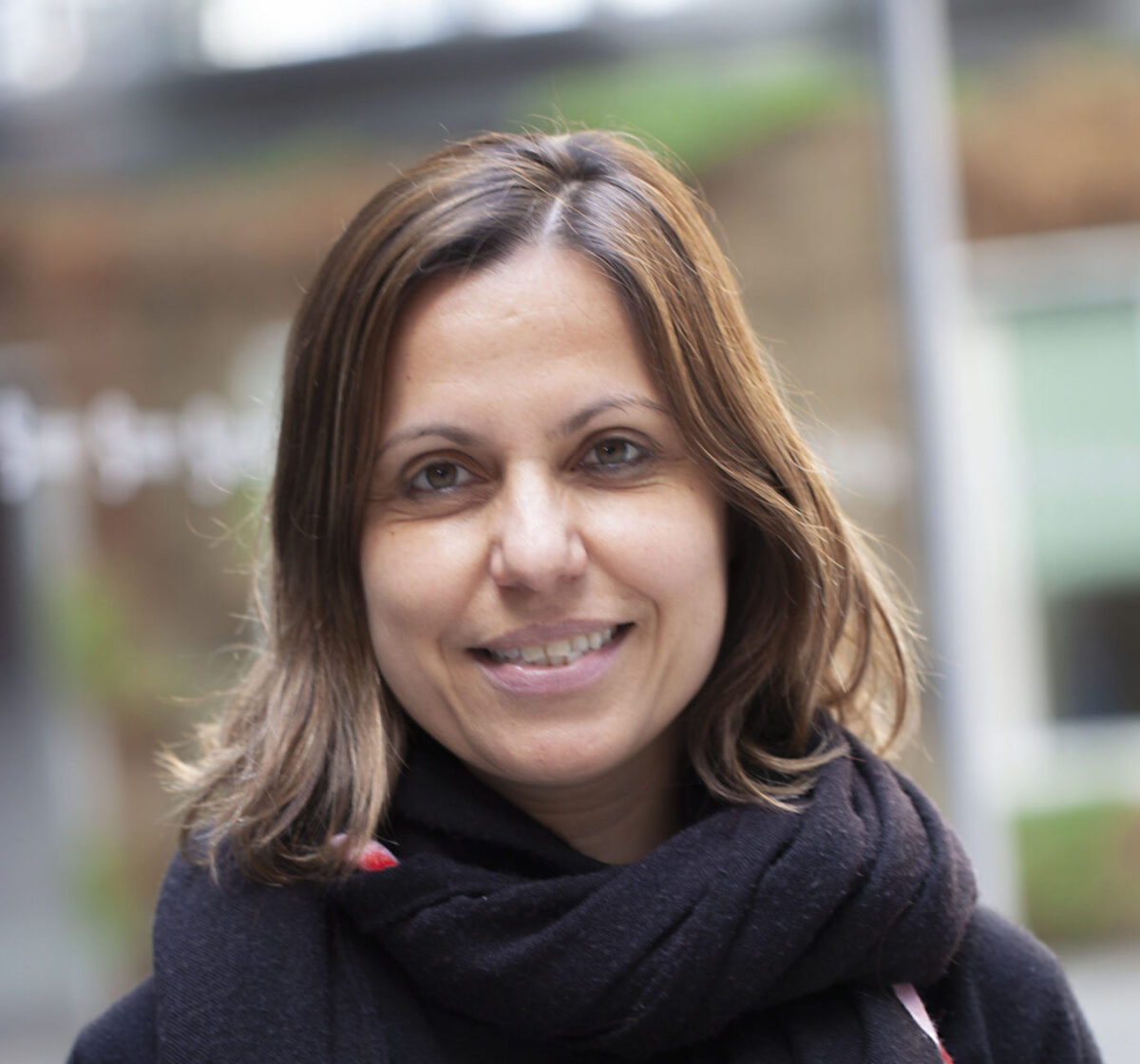
Eleni
Diamanti
Session 5: The promise of space in the quantum internet
Eleni Diamanti is CNRS research director at the LIP6 laboratory of Sorbonne Université in Paris. She did her studies in Greece, obtained her PhD degree in Electrical Engineering from Stanford University and was a Marie Curie postdoctoral fellow before joining the CNRS. Her research focuses on the development of photonic resources for quantum networks and on the implementation of quantum cryptography and communication protocols. She is a recipient of a European Research Council grant and coordinator of the Paris Centre for Quantum Technologies. Eleni is one of the Key figures at the Quantum Internet Alliance
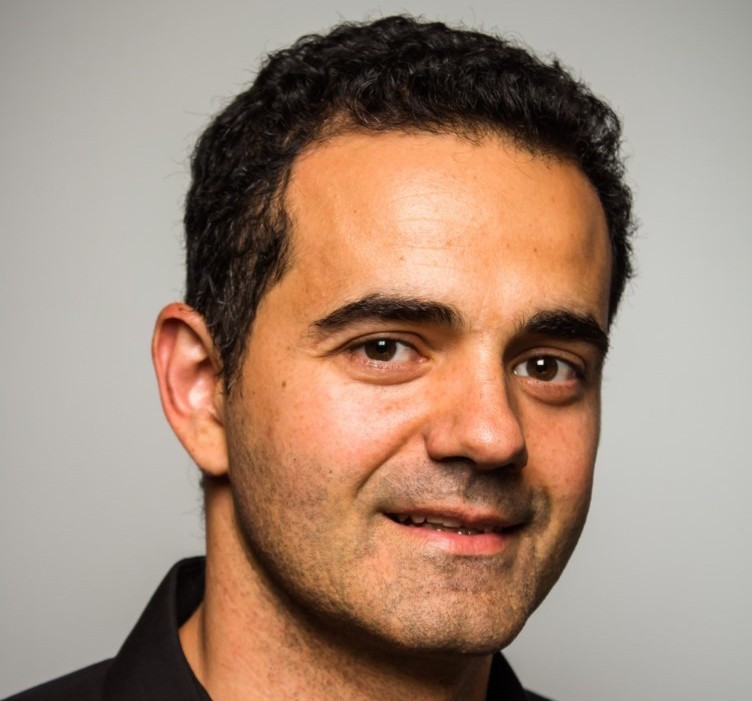
Oscar
Diez
Panel 1: Quantum technology policy: geopolitics and technological advancement
Talk 1: EC General Quantum Policies
Dr. Oscar Diez is the head of quantum technologies at the European Commission (EC), the executive branch of the European Union (EU). Previously, Dr. Diez was head of datacentre at the European Medicines Agency (EMA) in London. He holds a PhD in Computer Science from Universidad Politécnica in Madrid and a Master’s degree in Open eGovernment from the University of Stockholm. He is also adjunct professor at IE University in Madrid.
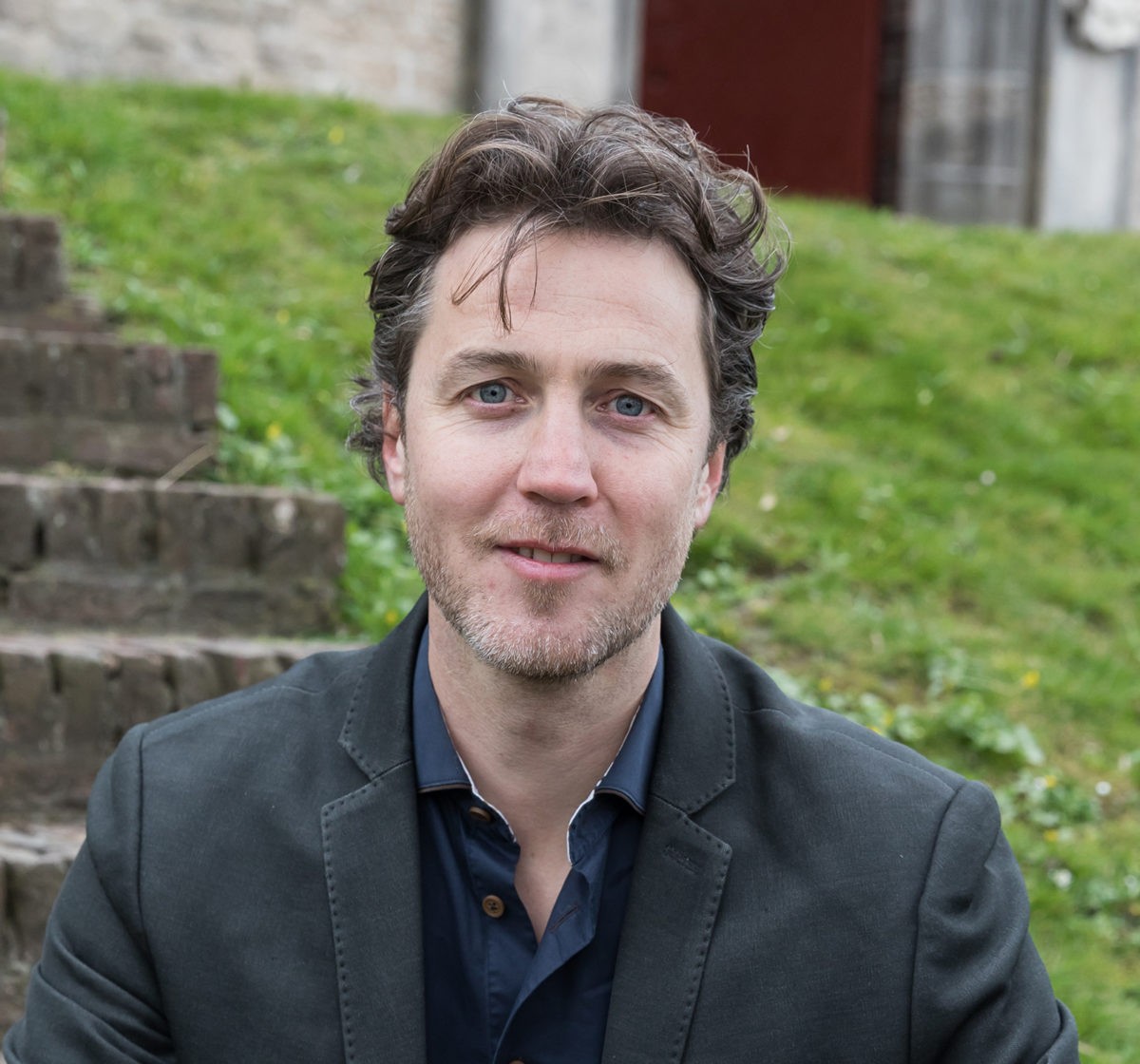
Bob
Dirks
Session 5: The promise of space in the quantum internet
As a systems architect I am responsible for the progress of projects from the technology point-of-view, and then especially during the acquisition and conceptual phase. I make sure that the different disciplines and areas of expertise involved in a project converge into a solution that can help the customer move forward. The nice thing about my role is that I have to know a lot about everything, without having to be a specialist in anything. Currently, I am supporting a team that is developing laser satcom and quantum technology for secure network connections and quantum communication via air and space, for which we want to make use of satellites. To this end, together with the business developer, I’m setting up internal and external collaborations because these are major, complex and expensive projects. To get quantum technology into space, that’s my drive at TNO.
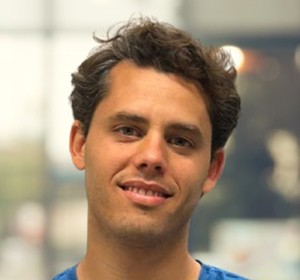
Gustavo Castro
do Amaral
Session 5: The promise of space in the quantum internet
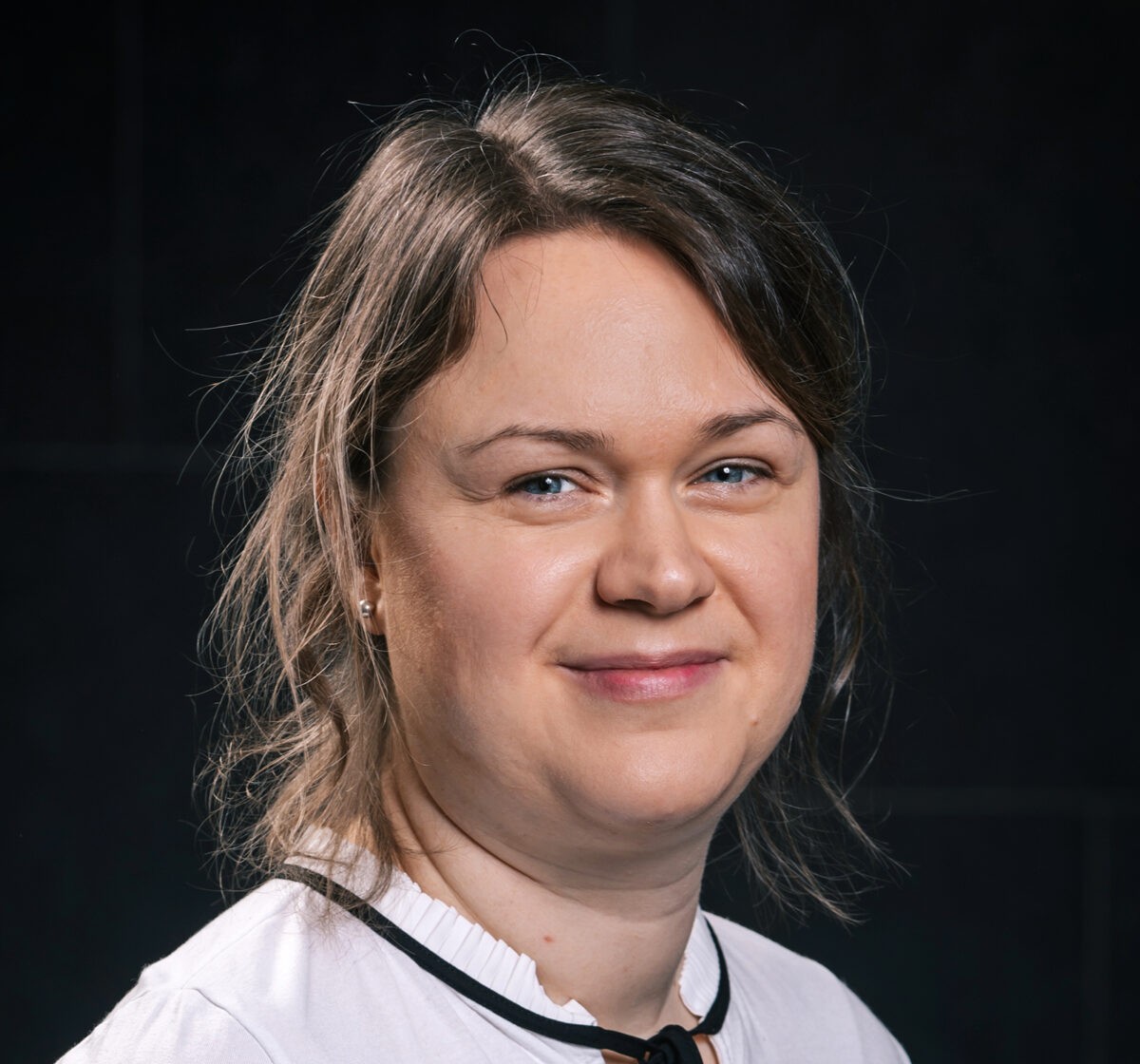
Karolina
Dorozynska
Panel 3: Quantum: funding the future
Karolina Dorozynska is an Investment Associate at imec.xpand, an independently managed value-add venture capital fund that focuses on hardware-based nanotechnology innovations where imec technology, expertise, network and infrastructure will play a differentiating role. Based at the imec.xpand headquarters in Leuven, Belgium, Karolina is focusing predominantly on deep tech investment opportunities in the Nordics, and global opportunities within Quantum Computing, Communication and Sensing. Karolina has a PhD in Physics from Lund University and a keen interest in the commercialisation of research. Before joining imec.xpand, she has worked as a venture advisor in the southern Swedish start-up ecosystem before joining the business development team of a tech start-up.
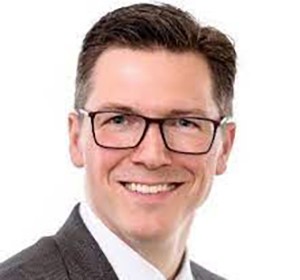
Dennis
Dortland
Panel 1: QKD in the real world
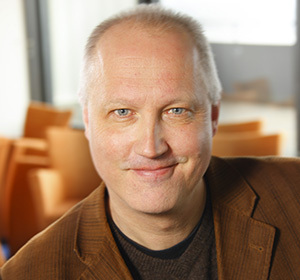
Kees
Eijkel
Opening
Recap of yesterday / plan for today
Kees Eijkel is Business Development Director at QuTech, the Delft quantum institute founded by the Technical University of Delft and TNO. Before that, he was president of Kennispark Twente, the science park and innovation ecosystem in and around the University of Twente and Saxion University of Applied Sciences, and technical-commercial director of the MESA+ Institute of Nanotechnology. His education is in Mathematics (MSc University of Amsterdam) and Engineering (PhD University of Twente). Kees has held several positions in organizations to support commercialization and startups, including public venture funds.
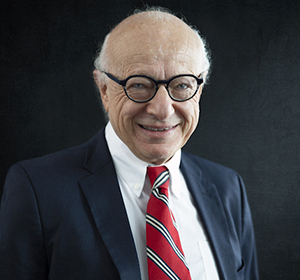
Lawrence
Gasman
Panel 1: Quantum network node: status of the technology
Panel 1: Mitigating the risk of quantum computers to cryptography
Lawrence Gasman is the founder and President of Inside Quantum Technology. He has authored industry analysis reports on quantum key distribution, quantum computing, quantum networks, and quantum sensors and numerous studies on high-speed interfaces for high-performance computers. He also served on a panel at the Q2B conference in 2017; the first ever business-oriented quantum computing conference. Lawrence has been tracking commercialization of new technologies for 35 years and has written four books in this area. His consulting work has included both major multinationals and high-tech start-ups as clients and he has also carried out due diligence work for investment banks, venture capitalists and leading management consulting firms.
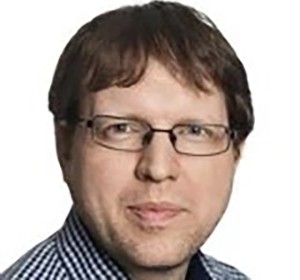
Tobias
Gehring
Panel 3: European QKD: Infrastructure and applications
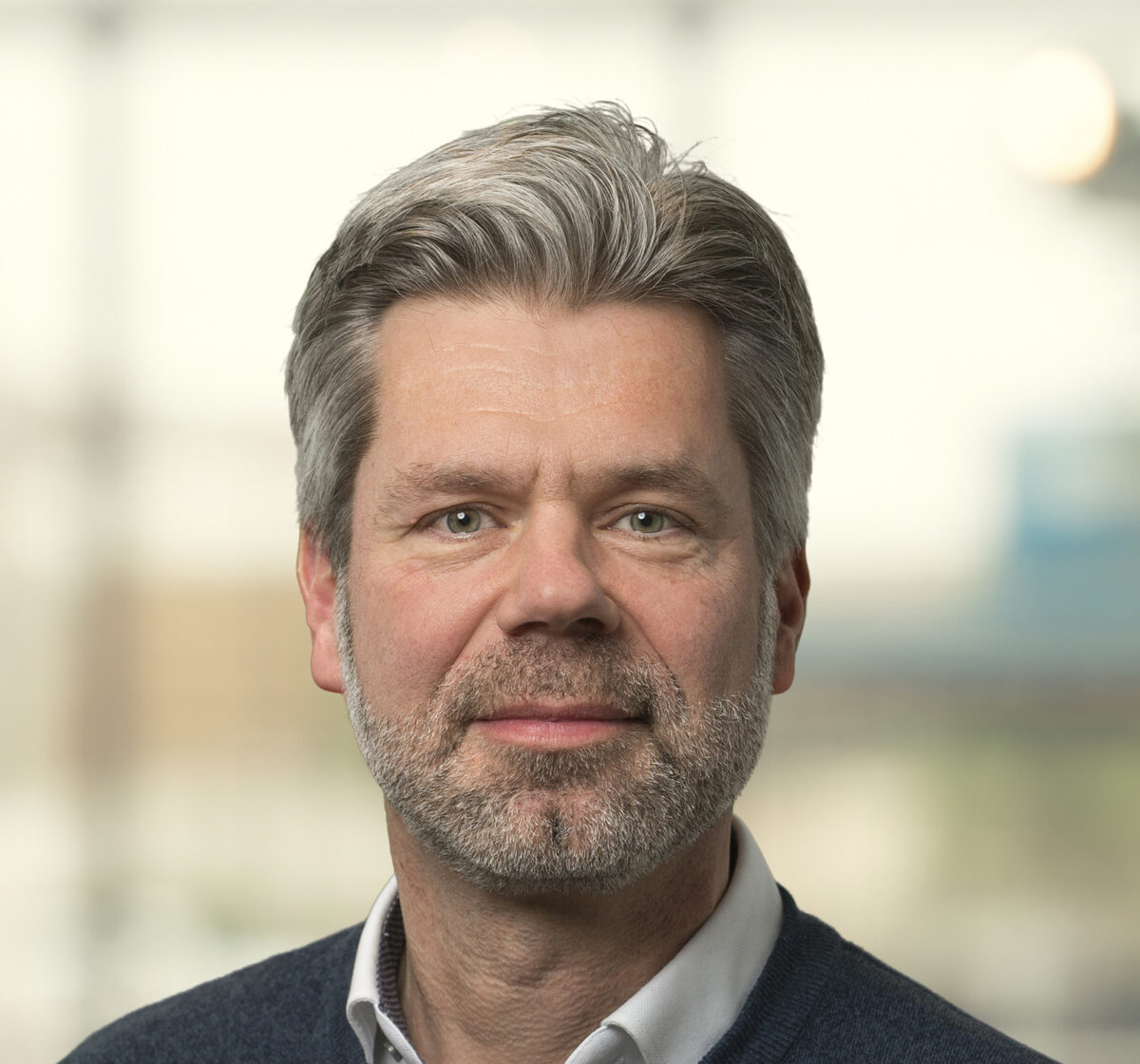
Hugo
Gelevert
Panel 1: Quantum accelerators
Hugo Gelevert is an experienced innovation orchestrator at TNO, setting up multi-stakeholder collaborations aimed at improving our society. As part of his job, he is Lead of Action Line 2 of the national Quantum Delta NL Programme, aimed at developing a thriving quantum business ecosystem in the Netherlands. In this capacity, Hugo among others chairs QDNL’s Quantum Tech Transfer Team (Q3T), a team of business developers from across the country. In 2019, Hugo was one of the authors of the National Agenda on Quantum Technology, from which the Quantum Delta NL programme came forth.
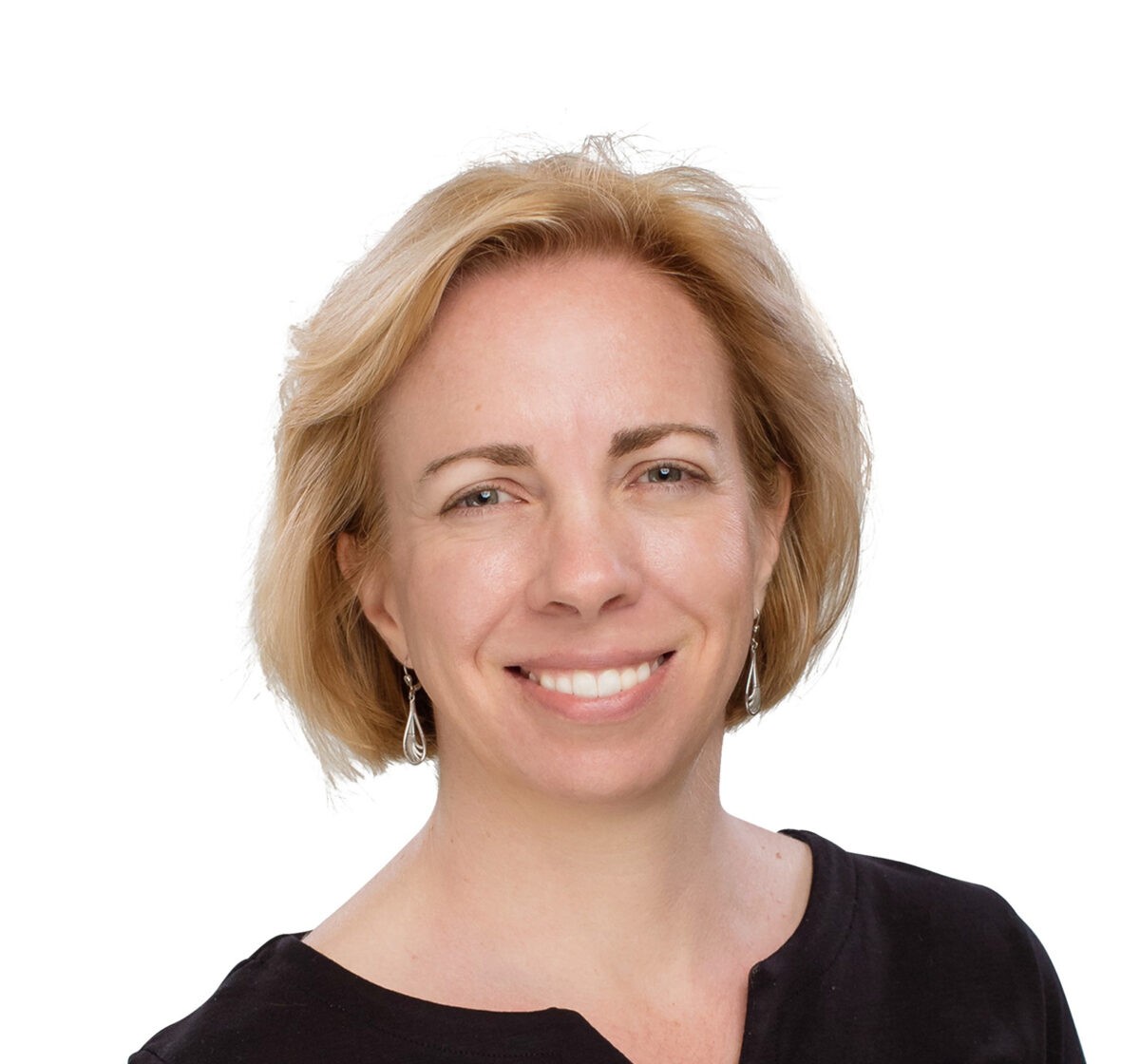
Noel
Goddard
Panel 2: Emerging quantum network industries
Noel is the CEO of Qunnect, a company innovating first-in-class hardware to transform the existing telecom infrastructure into Quantum-secure communication networks. Prior to this role, she was a seed investor with the Accelerate NY Seed Fund, where she built a portfolio of companies across deep technology and life science sectors in the NYC metro-region. Noel is a serial entrepreneur, having founded her own company, then served as the CTO of another startup in NYC. Before joining the startup community, Noel was a professor of physics at Hunter College, CUNY. She completed her postdoctoral research as a fellow at Harvard University.
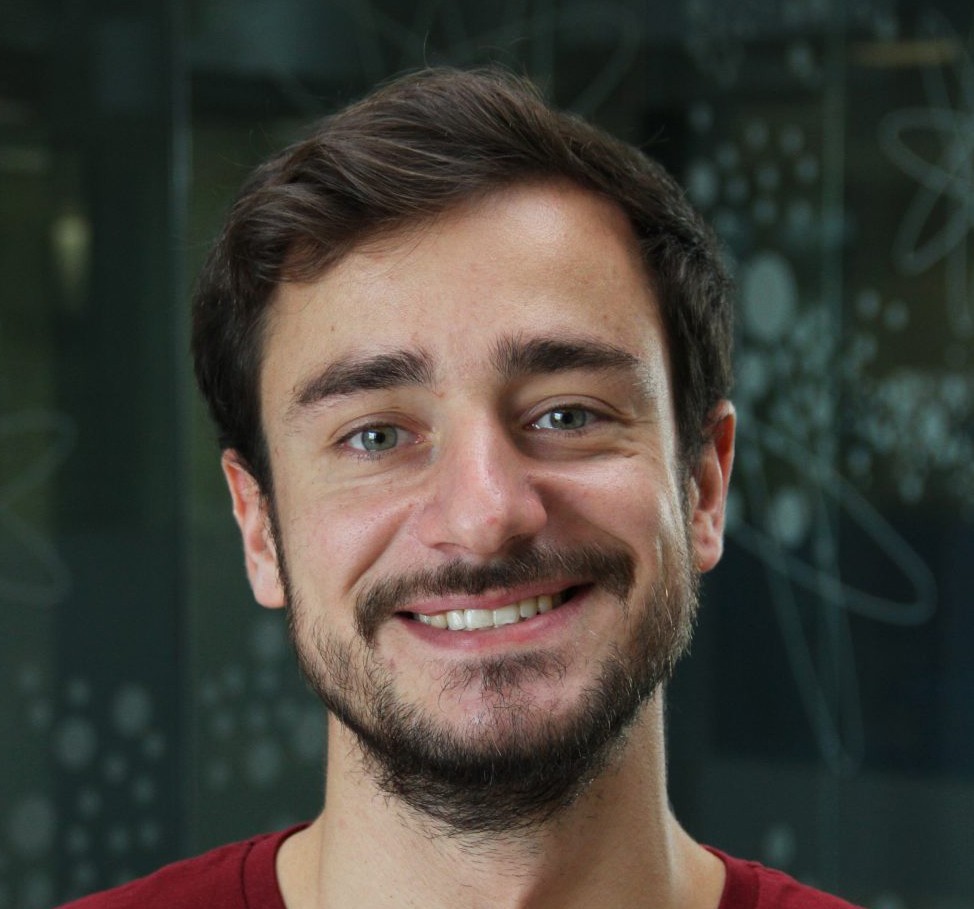
Samuele
Grandi
Panel 2: Quantum networks: preparing for early deployments
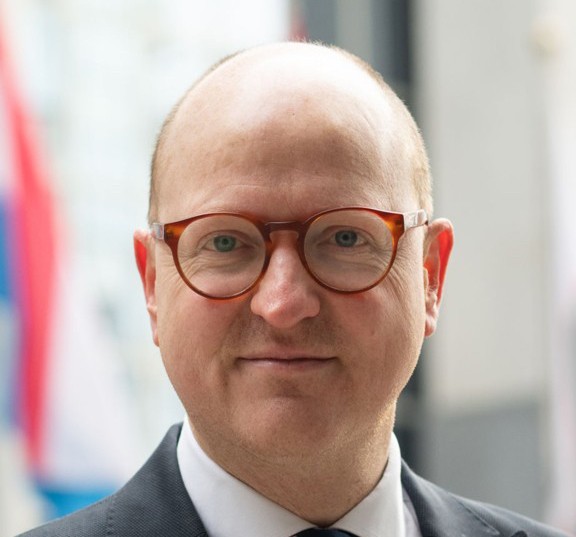
Bart
Groothuis
Video: European initiative on Quantum preparedness
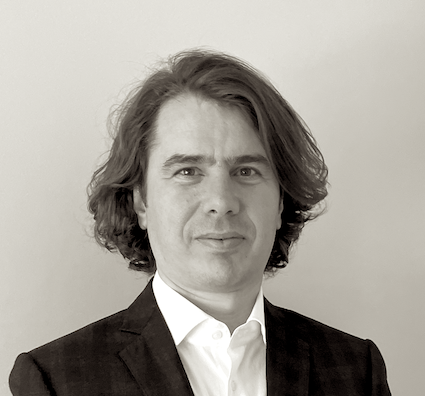
Florent
Grosmaitre
Panel 1: A quantum threat reality check
Florent joined Cryptonext Security as CEO in 2021, bringing over 15 years of international entrepreneurial experience in the software industry. Florent is a graduate of the engineering school Ecole Nationale d’Arts et Métiers, and of the business school HEC Entrepreneur Paris.
CryptoNext Security is a startup founded in 2019, spin-off of INRIA, CNRS and Sorbonne University after 20 years of research in post-quantum cryptography. CryptoNext’s mission is to provide its Quantum Safe Remediation Software solutions to support organizations in the migration of their IT/OT infrastructures to quantum safe.
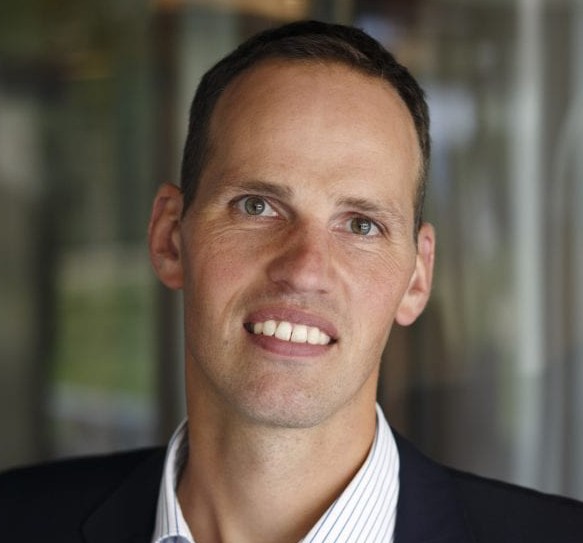
Ronald
Hanson
Keynote: Quantum networks linking diamond spin qubits as testbeds, inside and outside the lab
Ronald Hanson (1976) is Distinguished Professor at Delft University of Technology and principal investigator at QuTech. He is one of the four founding professors of QuTech (2014), serving as its Scientific Director in 2016-2020. Ronald currently chairs the Executive Board of Quantum Delta NL, the foundation responsible for the National Agenda Quantum Technology. He is also a key player within the European Quantum Internet Alliance.
Ronald’s research centers on exploring and controlling quantum-entangled states with the long-term goal of exploiting these in future quantum technologies such as quantum computing and quantum internet. His work combines quantum optics, solid-state physics, nuclear magnetic resonance, quantum information theory and nanofabrication. In 2014 his group made headlines by teleporting quantum data between electrons on distant solid-state chips. In 2015 he ended a decades-long scientific quest by performing the first loophole-free Bell test. In 2018 his group achieved the important milestone of generating quantum entanglement faster than it got lost. In the coming years he aims to build on these results to demonstrate the fundamentals of a future quantum internet, with a rudimentary network planned between several cities in the Netherlands.
Ronald has received several awards for his work, among which the Nicholas Kurti European Science Prize (2012), the Huibregtsen Award for Excellence in Science and Society (2016) and the John Stewart Bell Prize (2017). In 2019 he received the Spinoza Prize, the highest scientific award in the Netherlands. He was elected as member of the Royal Holland Society of Sciences and Humanities (KHMW) and of the Dutch Royal Academy of Sciences (KNAW), and Fellow of the American Physical Society. In 2020 he was appointed as the university’s 6th Distinguished Professor.
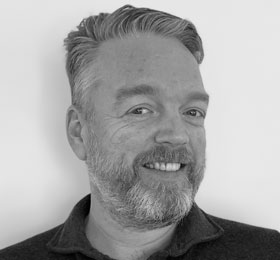
Marc
Hulzebos
Panel 1: The Quantum Internet: Chapter One
With over 15 years of experience in sales and business development, Marc is a dedicated IT and telecoms professional at Eurofiber. As a management consultant he has helped companies in both the public and private sector execute digital transformation. Developing strategic partnerships and innovative new business models, he leads the quantum pathfinding mission at Eurofiber focusing on new customer propositions across the full international fiberoptic connectivity portfolio.
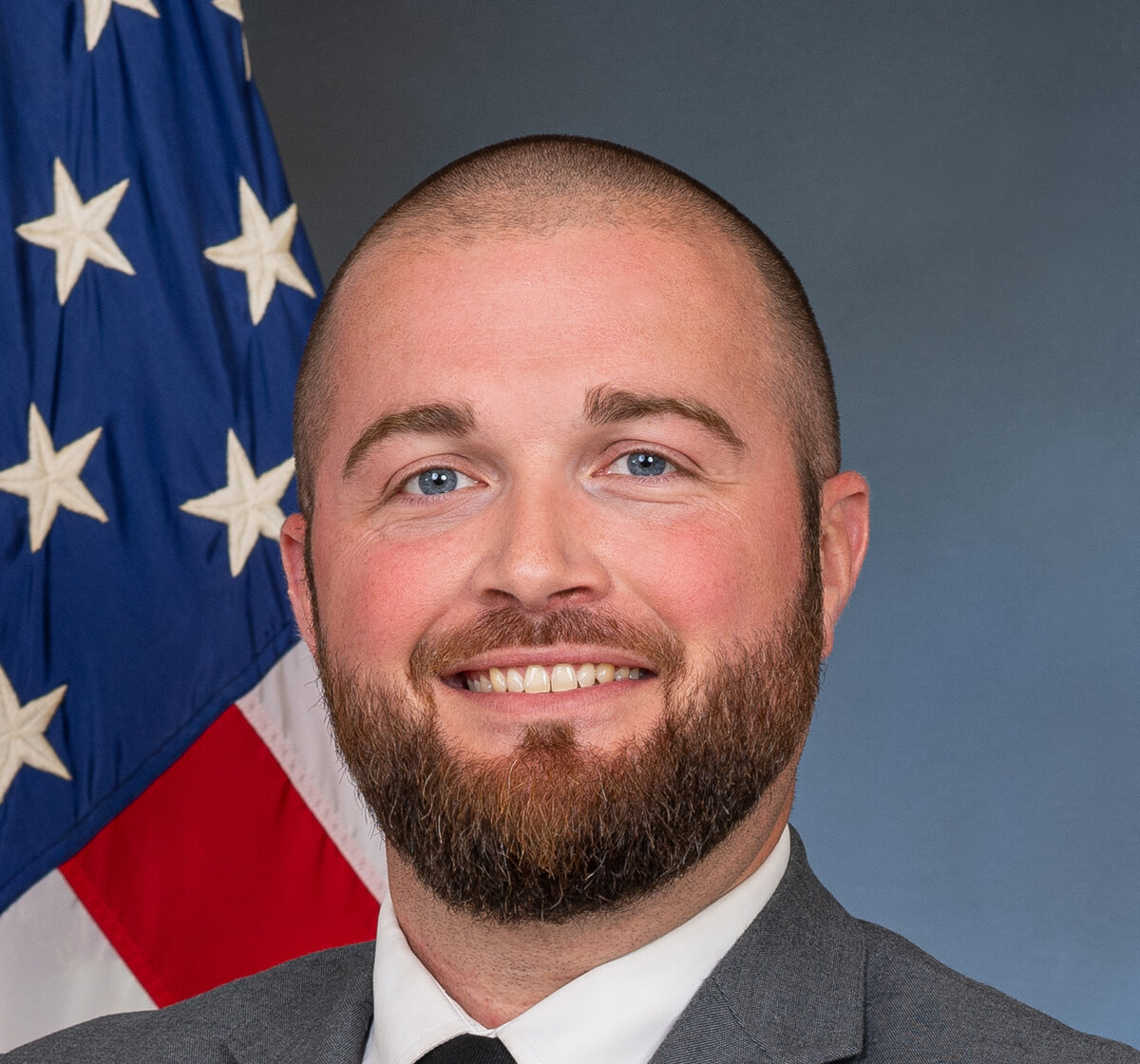
Daniel
Jones
Roundtable on US testbeds
Daniel E. Jones received the B.A. degree in physics from McDaniel College, Westminster, MD, USA, in 2010, and the M.S. and Ph.D. degrees in physics from the University of Maryland Baltimore County (UMBC), Baltimore, MD, USA, in 2012 and 2016, respectively. He joined the DEVCOM Army Research Laboratory as a postdoctoral researcher in 2016 and became a staff physicist in 2018. He is also a co-chair of the DC-QNet Experiments Working Group. His research focuses on entanglement distribution in fiber networks and developing new experimental methods for characterizing quantum states.
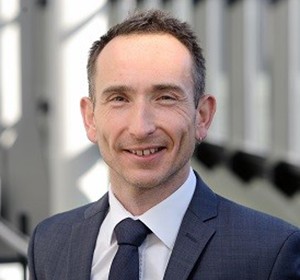
Bernd
Jungbluth
Panel 3: Quantum Network Enabling Technologies
Dr. Bernd Jungbluth is head of the Strategic Mission Initiative for Quantum Technology at Fraunhofer ILT. At Fraunhofer, he is responsible for the direction of the program at the institute and is coordinating the establishment of the Center for Quantum Science and Engineering CQSE as a project for economic development in the Rhenish lignite mining region. In the EIN Quantum NRW quantum innovation network, he is a member of the steering committee with a focus on technology transfer. Additionally, he is a member of the European Quantum Internet Alliance and the Excellence Cluster ML4Q.
In his scientific career, Dr. Jungbluth is dedicated to the development of application-adapted lasers and frequency converters for industry and science at Fraunhofer ILT and has headed the working group Nonlinear Optics and Tunable Lasers since 2008. In recent years, he has focused on photonic quantum-enabling technologies, such as the development of particularly low-noise frequency converters for the Quantum Internet Demonstrator – in close collaboration with QuTech. Dr. Jungbluth completed his physics studies at RWTH Aachen University in 2000 and received his Ph.D. from the faculty of mechanical engineering in 2011.
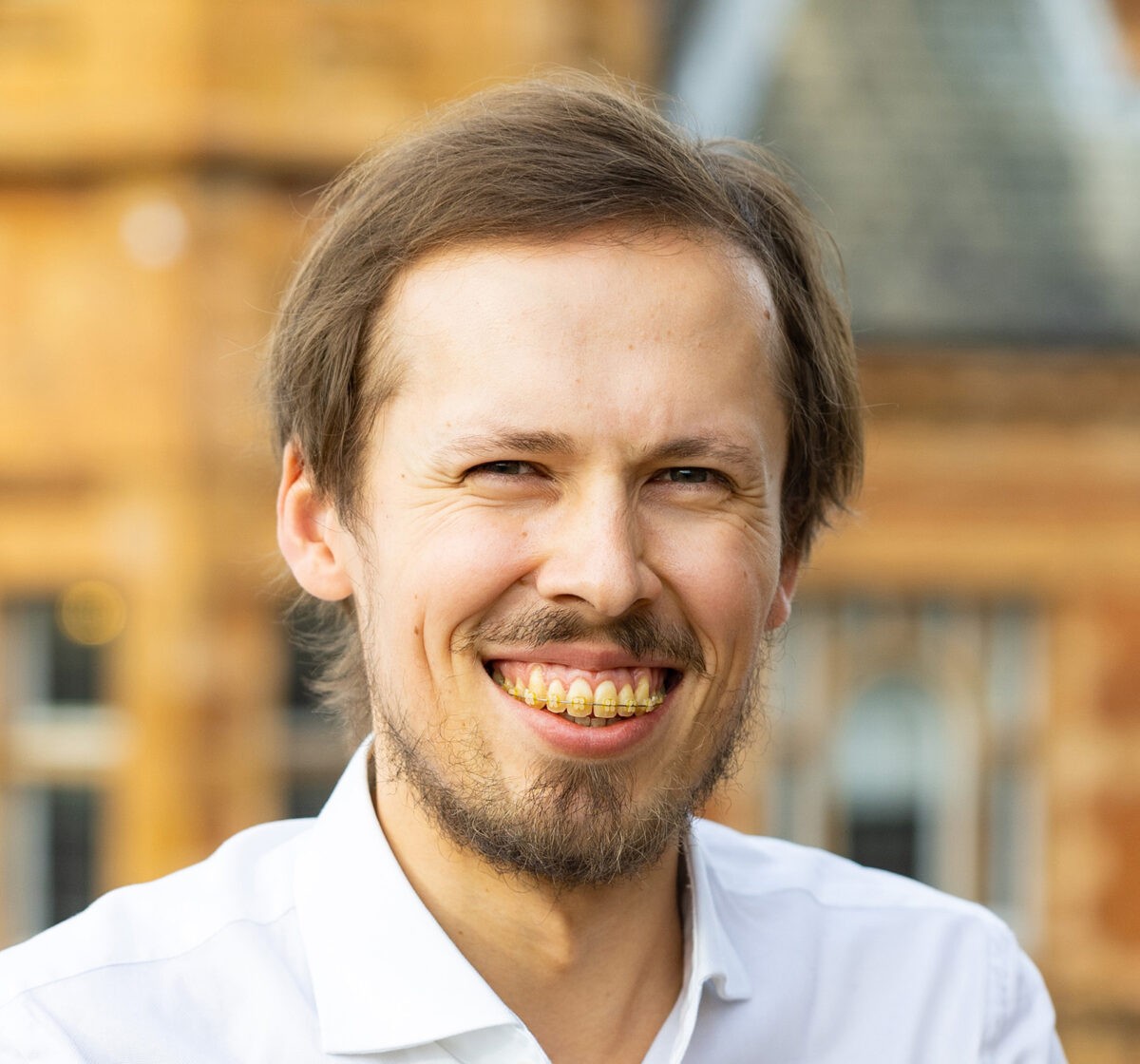
Kris
Kaczmarek
Panel 3: Quantum: funding the future
Kris is an investor at 2xN – a venture fund striving to accelerate the quantum revolution by investing in the next generation of quantum tech. Prior to joining 2xN, Kris was Head of Product for ORCA Computing, where he was responsible for the product, technology roadmap, business development and sales activities. He is the inventor of the ORCA quantum memory, which he developed during his PhD research at the University of Oxford. In 2021 he was featured in Forbes’ 30 under 30 list for his pioneering work. Kris has a decade of experience in both blue-sky and applied research in photonics and quantum technologies, having previously worked at top research institutions including the University of Geneva, University of Oxford, University of Warsaw and ICFO – The Institute of Photonic Sciences.
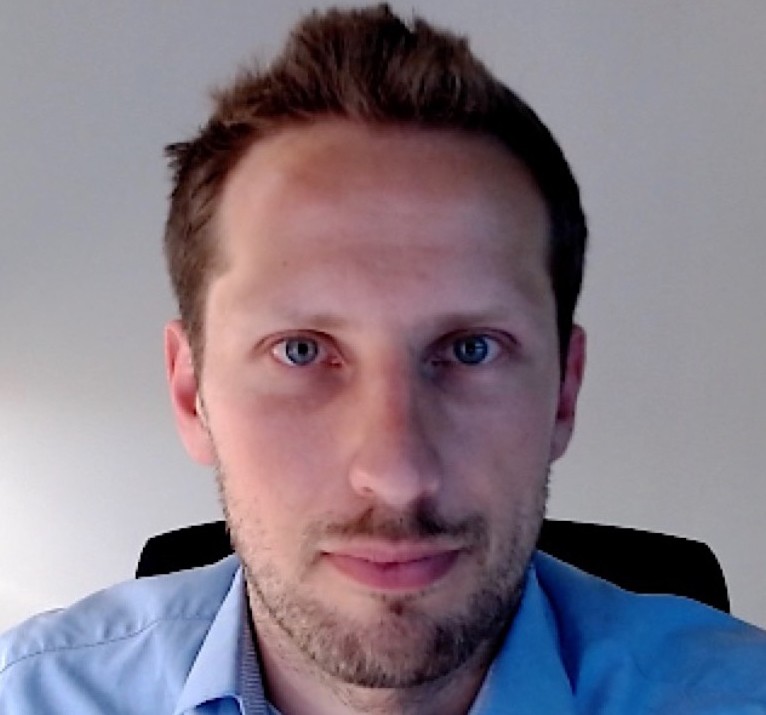
Florian
Kaiser
Panel 1: Quantum network node: status of the technology
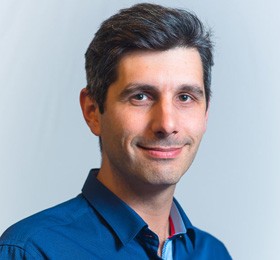
Marc
Kaplan
Panel 1: The Quantum Internet: Chapter One
Marc Kaplan has worked in the area of quantum information for more than ten years. He graduated from University Paris-Sud and worked in Montreal with Gilles Brassard, the co-inventor of quantum cryptography. Before founding VeriQloud, his research has focused on using quantum algorithms to break classical cryptographic systems, and on the design of quantum-resistant alternatives. He is the CEO of VeriQloud.
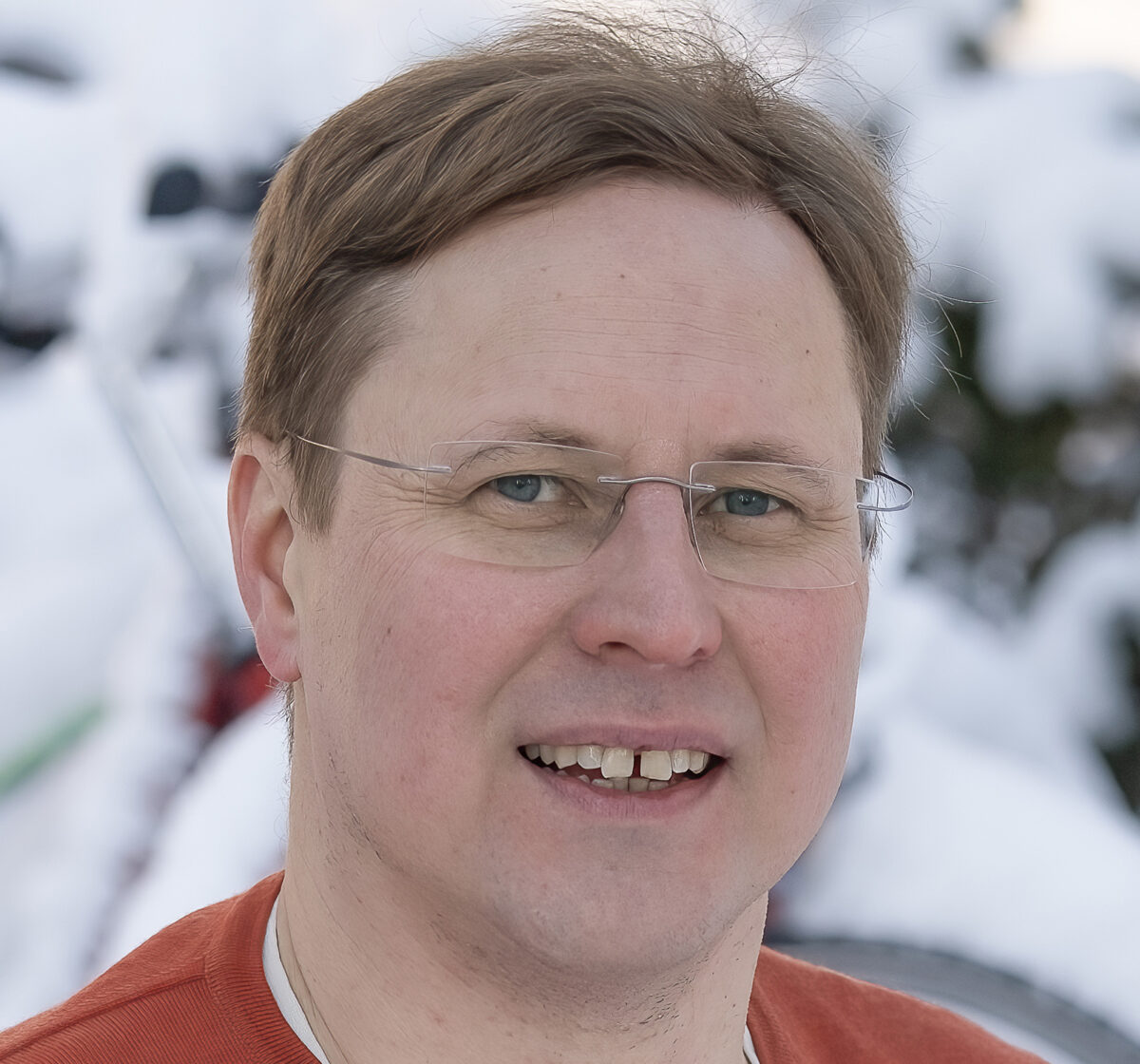
Antti
Kemppinen
Talk 2: Ultrafast, energy-efficient optical data bus for scaling up cryogenic quantum computing
Antti Kemppinen is senior scientist at the Quantum Computing Hardware Team of VTT, where he leads EU and national projects in particular related to the optical control of electrical quantum technologies, for example, Attojoule Cryogenic Communication acrycomm.eu. His other research interests include electrical refrigeration at cryogenic temperatures and single-photon detectors. Previously he worked for more than 15 years in MIKES, the national metrology institute of Finland, which is now a part of VTT. Due to this background, he has wide experience in the research of quantum metrology, including quantum current and voltage standards, and primary cryogenic thermometry.
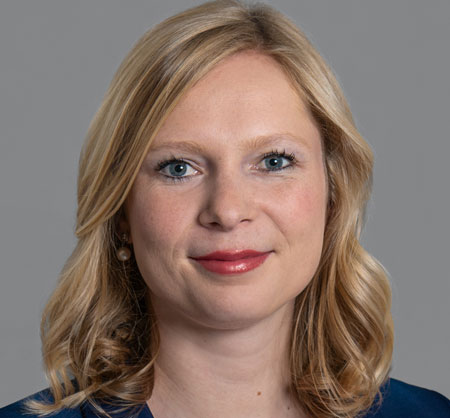
Carina
Kiessling
Talk: Quantum and mobile communications (5G/6G)
Carina Kiessling is a member of Roland Berger’s Advanced Technology-Center and leads the “Quantum, Photonics & Optics”-Cluster.
As a passionate physicist, she focuses on quantum-technologies and assists clients in quantum strategy development, go-to-market activities, business models, transformation projects. She especially advises on quantum computing, communication & cryptography, sensing, as well as respective supporting technologies and components in the micro-electronics’ sphere such as laser-tech, cooling and semiconductor manufacturing techniques, among others.
Next to quantum, she has expertise in due diligences, growth strategies, target operating model designs, AI applications and blockchain usage.
Her experience specifically covers the automotive, life science & chemicals, micro-electronics, aerospace & defense industries.
Carina holds a Master’s and Bachelor’s degree in physics from the Universities Sorbonne Paris VI – Pierre et Marie Curie and Johannes Gutenberg University in Mainz besides an eMBA from Hult International Business School.
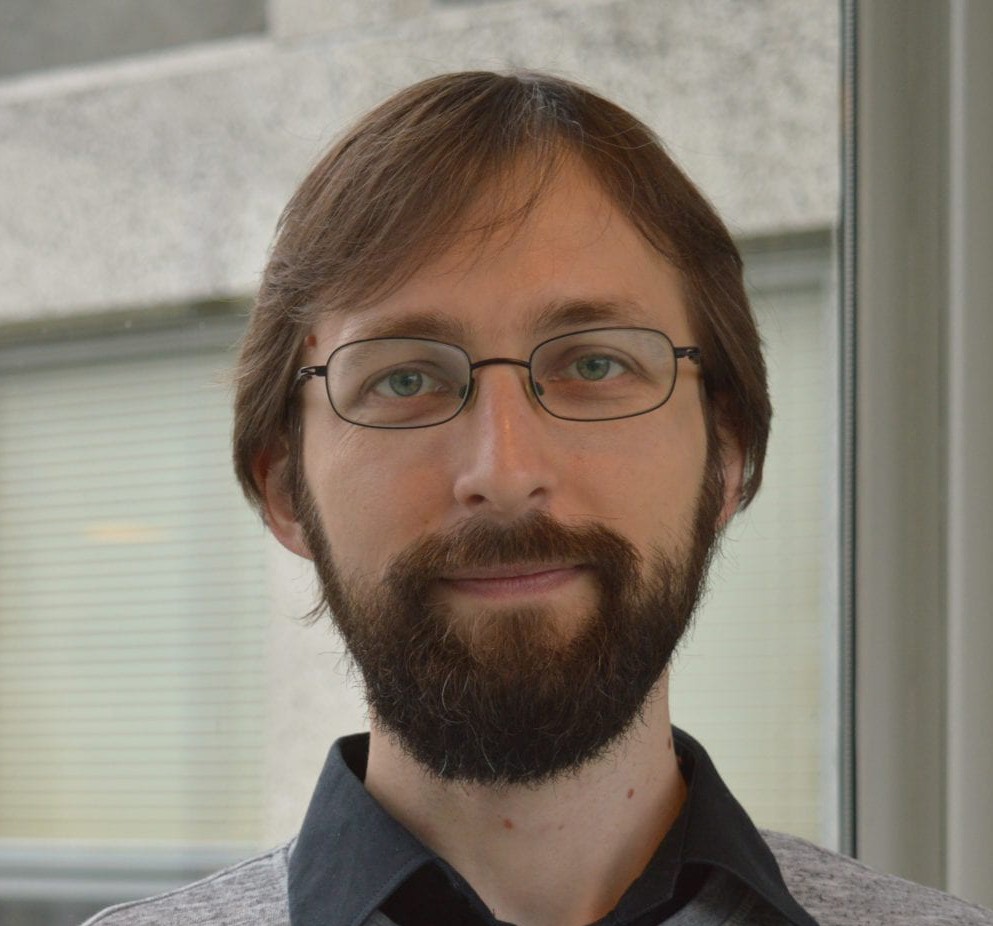
Wojciech
Kozlowski
Panel 1: Quantum network node: status of the technology
Panel 1: Goals and strategies for quantum internet protocol framework: current and future
Wojciech Kozlowski studied Theoretical Quantum Physics at the University of Cambridge where he obtained his MSci (2012). He then completed his PhD in Atomic and Laser Physics at the University of Oxford (2016). In his PhD he studied the interactions of quantum light with trapped cold atomic gases and developed theoretical models for the resulting competition between measurement back-action and intrinsic atomic dynamics.
Following his PhD studies, Wojciech decided that he would rather dive into Computer Science. Therefore, rather than following an academic career he went to work as a software engineer in the network protocols team at Metaswitch in London. It is here that he developed his interest in computer networks. During his time in industry, Wojciech was able to learn the basic theory of operation of computer networks whilst gaining practical experience in implementing and running network software.
Wojciech found out about QuTech while attending the IETF 101 meeting in London where the Quantum Internet Research Group at the IRTF was formed. Less than a year later, in February 2019 Wojciech joined QuTech as a postdoc in the Wehner Group. His research work focused on quantum network protocol design and the software architecture for quantum networking nodes. In the meantime he also became a co-chair of the Quantum Internet Research Group at the IRTF. As of April 2021, Wojciech is a Quantum Network Engineer at QuTech. In his new role he works on developing the overall software architecture for quantum networks covering both the data and control plane.
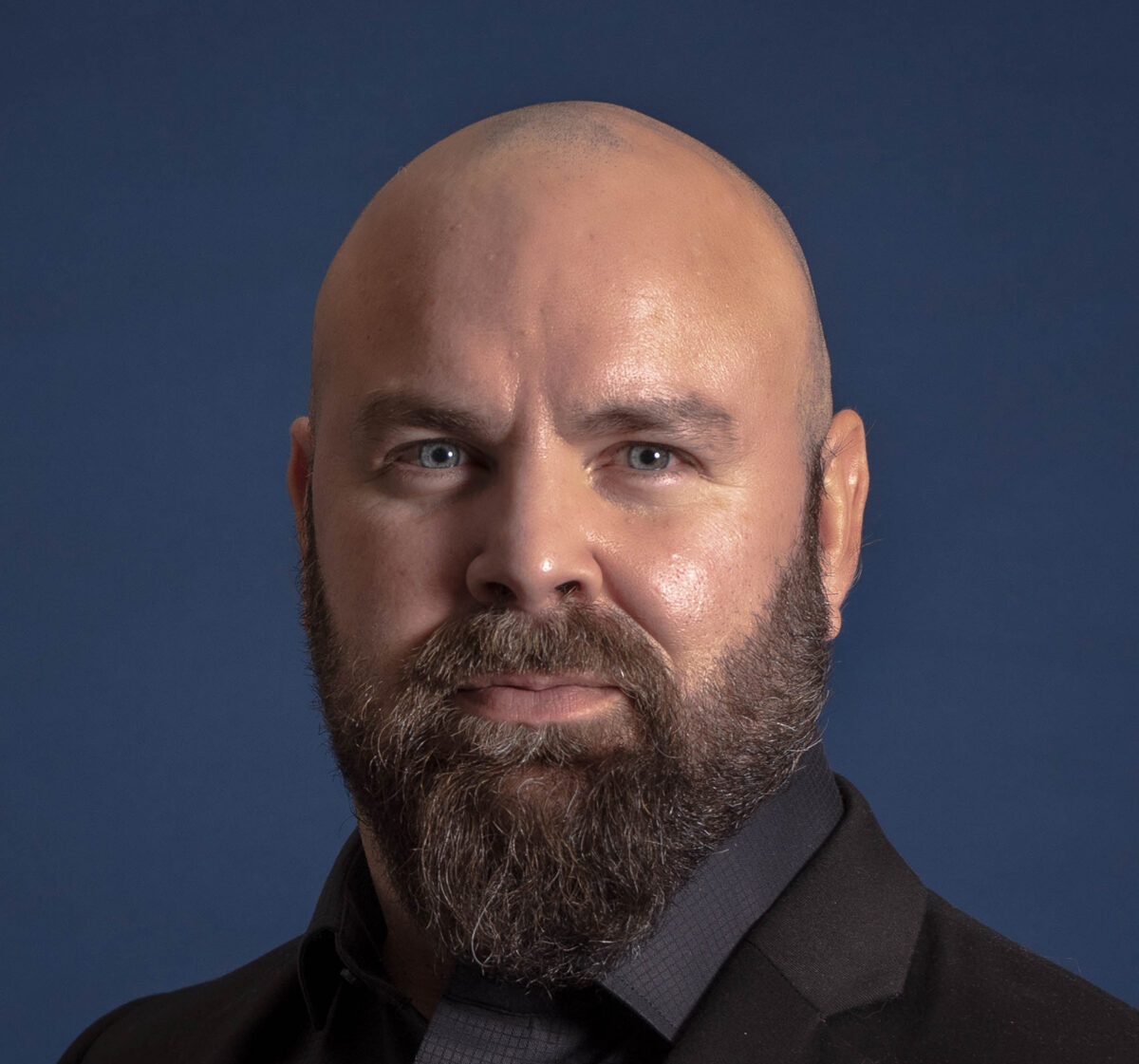
Martin
Laforest
Panel 1: Quantum accelerators
A quantum physicist by training, Martin spent his career ensuring quantum technologies have a disruptive, yet positive impact on industry and society. Martin is currently managing partner for Quantacet, an early stage, quantum-focused investment fund and the director of Quantum Strategy for ACET, a Sherbrooke-based deep tech incubator offering specific mentoring tailored to quantum enterprises. Martin serves as an advisor to Canada’s National Quantum Strategy, as a board member for Quantum Industry Canada and as a technical advisor for the deployment of a quantum communication testbed in the province of Québec led by Numana.
Prior to joining Sherbrooke’s quantum ecosystem, Martin was the senior product manager for ISARA Corporation, a quantum-safe security company. Martin also spent eight years promoting the impacts of quantum technologies to students, governments, companies and investors for the Institute for Quantum Computing at the University of Waterloo where he also received his PhD.
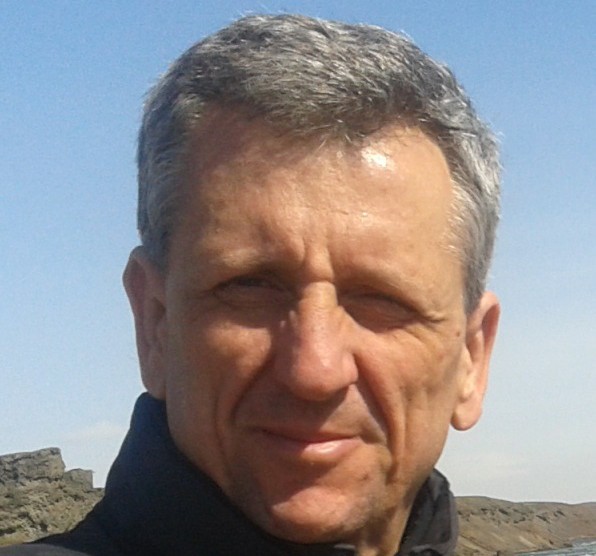
Diego R.
Lopez
Panel 3: European QKD: Infrastructure and applications
Panel 1: Goals and strategies for quantum internet protocol framework: current and future
Dr Diego R. Lopez joined Telefonica in 2011 as a Senior Technology Expert, and is currently in charge of the Technology Exploration activities within the GCTIO Unit. Before joining Telefónica he spent some years in the academic sector, dedicated to research on network services, and was appointed member of the High-Level Expert Group on Scientific Data Infrastructures by the European Commission.
Diego is currently focused on applied research in network infrastructures, with a special emphasis on data-driven management, new architectures, security, and quantum communications. Diego is an ETSI Fellow and chairs the ETSI ISG ZSM.
Apart from this, Diego is a more than acceptable Iberian ham carver, and extremely fond of seeking and enjoying comics, and good discussions on any (in)appropriate matter.
More can be found at https://www.linkedin.com/in/dr2lopez/
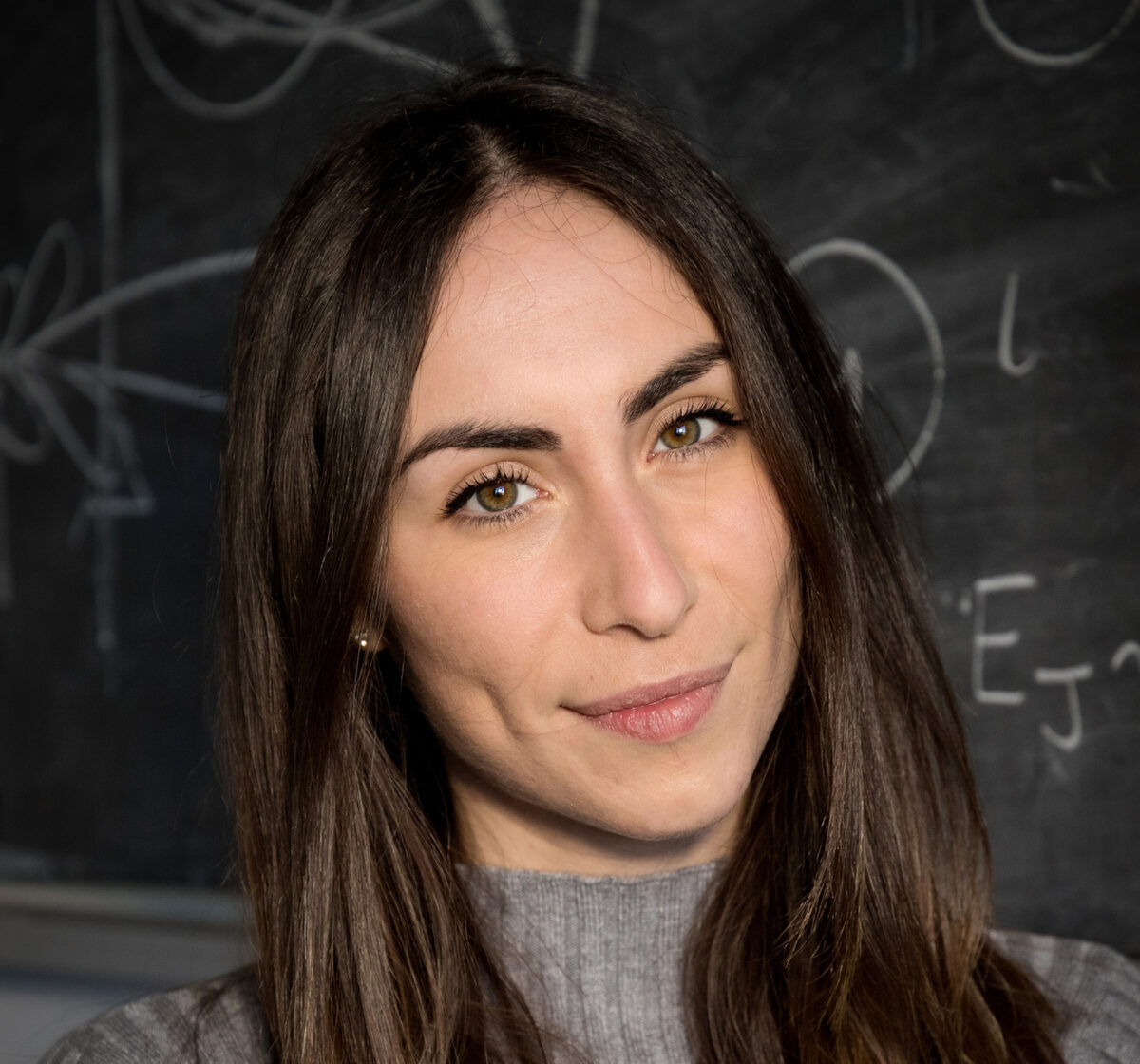
Alessandra
Matteis
Panel 2: QIA technology forum: engaging with quantum internet ecosystem
Panel 1: QKD in the real world
Alessandra Matteis is Business Development Specialist in QTI, for national and international markets. Graduated in Political Sciences and International Relations, she has been research fellow in Space Law. She worked as a tender office specialist for Telsy Spa and joined QTI in 2022.
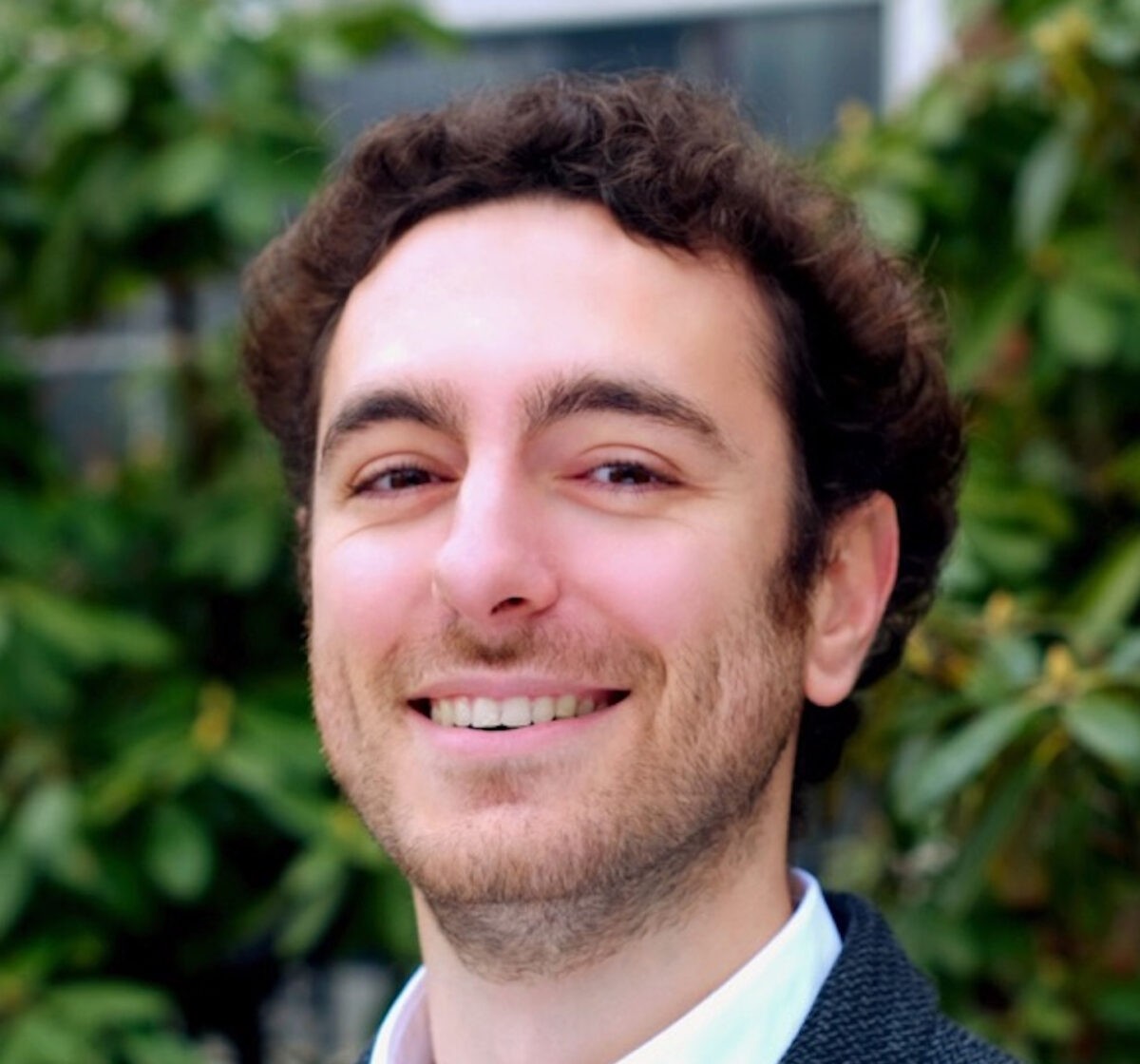
Alejandro
Montblanch
Panel 1: QKD in the real world
Alejandro R.-P. Montblanch is currently leading the quantum communications and quantum networking efforts at HSBC, one of the largest financial institutions in the world. In this role, he has completed the first connection of a financial institution to the London commercial quantum network and has pioneered the use of quantum key distribution for FX trading. Previously, he was a postdoc in the group of Prof. Ronald Hanson at QuTech (Delft, NL) experimentally developing the Quantum Internet, after having completed a PhD at the University of Cambridge (Cambridge, UK) with Prof. Mete Atature on novel, atomically thin platforms for quantum networks.
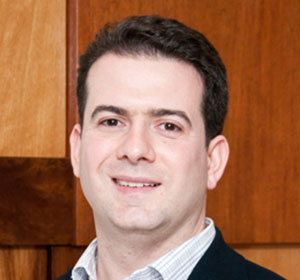
Michele
Mosca
Talk 1: The Future of the Quantum Threat
Panel 1: A quantum threat reality check
Dr. Mosca is globally recognized for his drive to help academia, industry and government prepare our cyber systems to be safe in an era with quantum computers. He co-founded and leads evolutionQ Inc. to provide services and products that enable organizations to evolve their quantum-vulnerable systems and practices to quantum-safe ones. He was a founder of the ETSI-IQC workshop series in Quantum-Safe Cryptography. He co-founded softwareQ Inc. to help organizations benefit from the power of quantum computers.
He worked on cryptography during his BMath (Waterloo) and MSc (Oxford) and obtained his Doctorate (Oxford) on Quantum Computer Algorithms.
He is a founder of the Institute for Quantum Computing, Professor in the Department of Combinatorics & Optimization at the University of Waterloo, and a founding member of the Perimeter Institute for Theoretical Physics.
His research interests include quantum computation and cryptographic tools designed to be safe against quantum technologies.
Dr. Mosca’s awards and honours include Fellow of the Institute for Combinatorics and its Applications (since 2000), 2010 Canada’s Top 40 Under 40, Queen Elizabeth II Diamond Jubilee Medal (2013), SJU Fr. Norm Choate Lifetime Achievement Award (2017), and a Knighthood (Cavaliere) in the Order of Merit of the Italian Republic (2018).
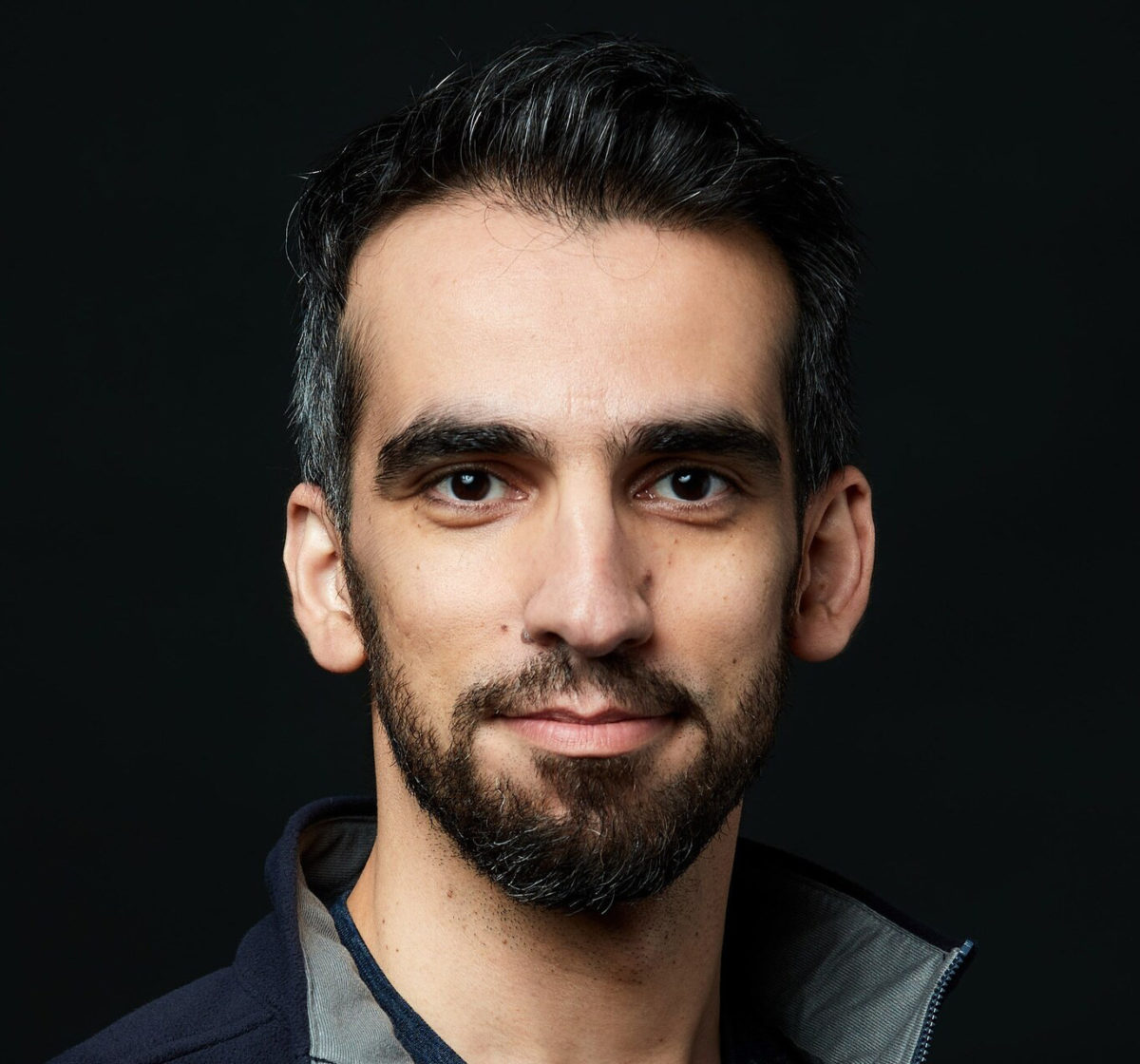
Mehdi
Namazi
Keynote: 24/7 Entanglement in New York City
Mehdi is the Chief Science Officer of Qunnect Inc. As a graduate student he co-founded Qunnect with the intent to transform his PhD work, the experimental demonstration of a room temperature Quantum Memory, into a commercial product. He now leads the research agenda for the company’s product suite, a collection of instruments to enable scalable quantum networking. Prior to Qunnect, Mehdi was awarded the Yale Joint Quantum Institute Postdoctoral Fellowship and completed his PhD at Stony Brook University.
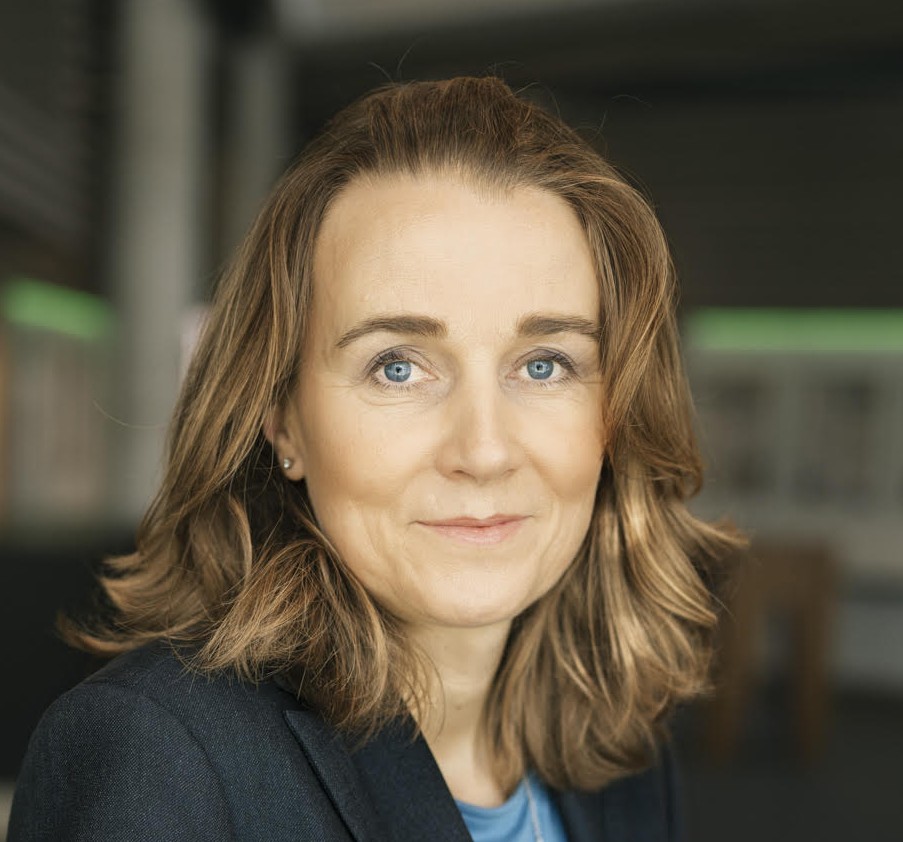
Deborah
Nas
Keynote: The impact of Quantum Networks on Industry and Society
Panel 3: Quantum: funding the future
Deborah Nas is an expert in technology-driven innovation. She holds a part-time professorship at the Faculty of Industrial Design Engineering at TU Delft and serves as the Innovation Lead at QDNL’s Centre for Quantum & Society, where she is spearheading an exploration into the ethical, legal, and societal impacts of quantum networks. Additionally, she is a member of the supervisory board of Hardt Hyperloop, pioneering a groundbreaking new transportation system, and a member of the investment committee of Innovation Quarter, a €143 million deep tech investment fund.
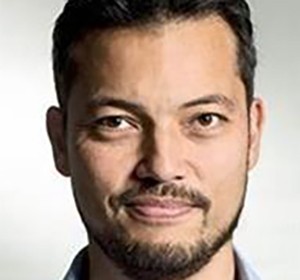
Leif Katsuo
Oxenløwe
Talk (title TBD)
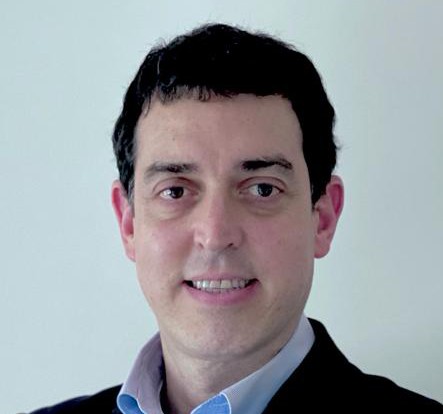
Ismael
Pacheco
Panel 2: Quantum networks: preparing for early deployments
Ismael Pacheco: Ismael Pacheco holds a Master degree in Electronic Engineering from the Universitat Politècnica de Catalunya (Spain) and an MBA from Esade Business School. He joined Cellnex in 2006 as an operations engineer at the Collserola Tower and later as global product manager and business development for connectivity, telecommunications infrastructure services, smart services and IoT. He is currently a senior manager in the New Business Initiatives department and leads all projects related to Quantum Communications at Cellnex.
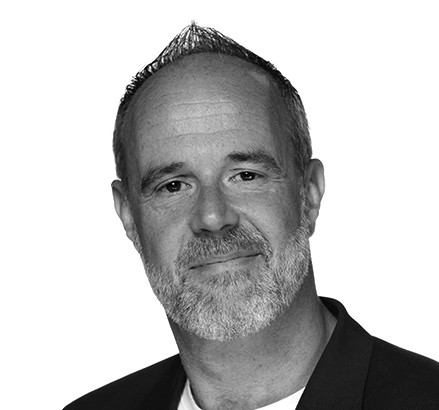
Ben
Packman
Panel 1: A quantum threat reality check
Ben leads PQShield’s global expansion through sales and partner growth across multiple vertical markets, alongside taking a lead role in briefing both government and the supply chain on the quantum threat. A strategic leader and natural problem solver with a proven track record of delivering innovative, creative and successful commercialisation across a diverse range of business areas, both domestically and internationally. 30yrs experience in Technology, Health, Media, and Telecoms, as well as advising multiple startups in the UK tech space with international investors.
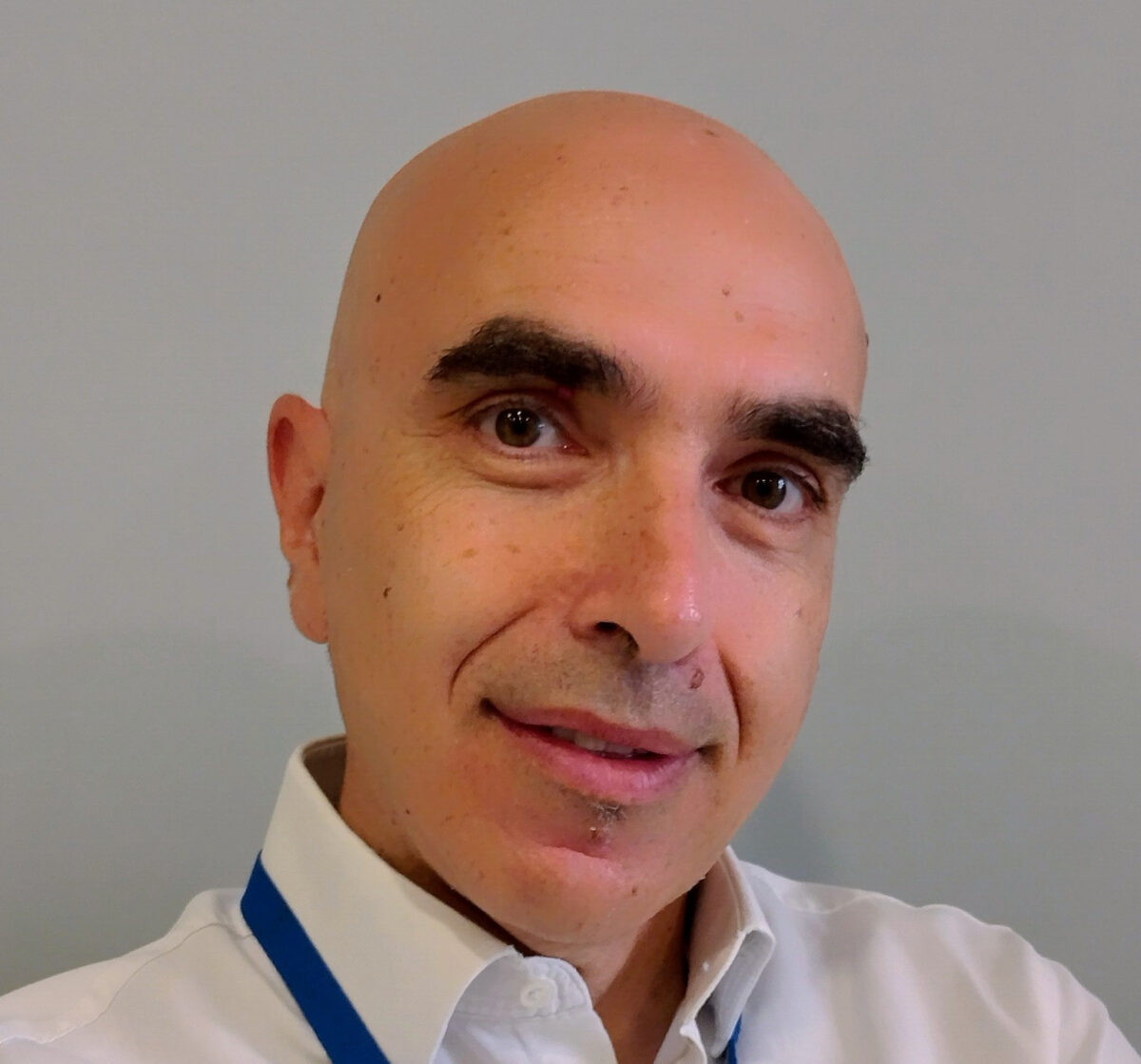
Giampaolo
Panariello
Talk 2: Quantum Safe Networks: Time to Act is Now!
Giampaolo is CTO in Nokia Network Infrastructures in South Europe region, with special focus on Security, Quantum Safe Networks and Non-Terrestrial Networks. He got a doctor degree in Electronic Engineering at the University of Rome “La Sapienza” and a master’s in business administration. He started his carrier in the Aerospace Industry: pioneer of LEO Satellite Constellations, he designed the payload of the Globalstar satellites. Then he moved to Telecommunication Industry in Siemens and in later in Nokia, contributing to the launch of 3G, 4G and 5G networks in Europe. Giampaolo counts 43 among participations in conferences, roundtables and publications on specialized magazines.
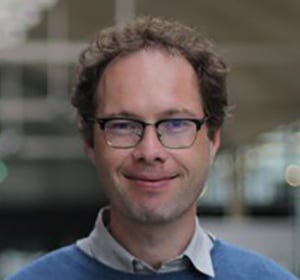
Ludovic
Perret
Talk: Combining PQC and QKD
Ludovic Perret is Associate Professor at Sorbonne University. His expertise is in the design, analysis, and deployment of post-quantum cryptography (published about 100 papers on these topics).
In 2018, Ludovic was awarded the Atos & Joseph Fourier First Prize in the area of quantum technologies for his contributions to post-quantum cryptography.
Ludovic is also a deep-tech entrepreneur, named in the top 100 of the most influential French innovators in 2022 (French’s magazine Le Point) and committed to the standardization of post-quantum cryptography: designers of several schemes submitted to international standardisation and co-chair
of two groups at IEEE on post-quantum migration and hybridation of post-quantum with QKD.
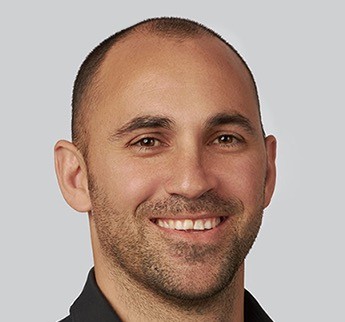
Fernando Dominguez
Pinuaga
Talk: How is AI helping bring quantum technologies to reality today?
Equal part engineer and strategist, Fernando Dominguez is a passionate and driven innovator with a relentless passion for projects that make the world a better place. This drive has powered Fernando through a career in technology, most recently leading the Business organization of SandboxAQ, a company using AI and Quantum technologies to solve challenging problems with positive impact.
Fernando started his career as a professional rugby player in Europe, where he played two World Cups with the Spanish Rugby National team. He then joined Google/Alphabet in 2012 to help scale its services and products across Latin America before joining its secret innovation lab in Silicon Valley, X(formerly Google X), where he spent 6 years building new companies for Alphabet.
Fernando’s education and career spans 3 continents and a variety of industries, including energy, aerospace, transportation, robotics and AQ (AI + Quantum), in both the private and public sectors. He is an experienced business professional that understands how to create empathy with partners, lead teams and propel projects from concept to launch in the most challenging environments. His multilingual education (speaking 5 languages) and international experience allows him to adapt quickly to diverse business situations and find creative solutions to complex problems. Fernando is energetic and has learned to bring the values of rugby and high level athletics to his professional career.
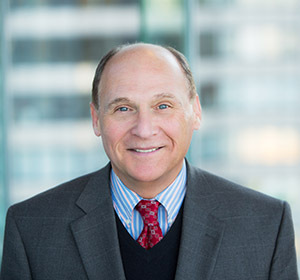
John
Prisco
Roundtable: The evolution of QKD
Throughout his 30-year career, John Prisco has demonstrated success driving revenue growth, implementing operational excellence, and bringing companies such as Triumfant, Penn Access, GeoVantage and Ridgeway Systems to successful exits. His depth of experience in telecommunications, cybersecurity and quantum physics are ideally suited to lead Quantum Xchange and its customers, partners, investors, and employees through the emerging era of quantum computing and the future of secure key exchange and encryption. His consulting work for Toshiba in Japan, Europe and the United States is a logical progression from his collaboration with Toshiba when he was CEO of Quantum Xchange.
Prisco established a track record of success in the high-tech field first by founding Penn Access, a competitive local access carrier operating in Pittsburgh. Prisco also served as President and CEO of 2nd Century Communications, the nation’s first packet-based CLEC operating in 33 of the largest U.S. metropolitan areas. In 2001, Prisco became CEO of eLink Communications, a BLEC with over 300 multi-tenant buildings operating in New York City. In 2003, he became President and CEO of Ridgeway Systems & Software, a U.K.-based software company specializing in secure firewall traversal and acquired by Tandberg Incorporated in 2004. Prisco served as President and CEO of GeoVantage Inc., a location-based services aerial imaging company sold to John Deere at the end of 2005. Prior to joining Quantum Xchange, Prisco was CEO of Triumfant for 11 years. Triumfant was the first cybersecurity company to perfect anomaly detection techniques to detect and remediate advanced threats such as file-less attacks in memory. Recently Prisco signed a consulting agreement to represent Toshiba in the United States and Europe in their quantum key and quantum internet business areas.
Prisco holds a B.S. in Electrical Engineering from Columbia University and a Master of Science in the field of Quantum Optics from the Massachusetts Institute of Technology.
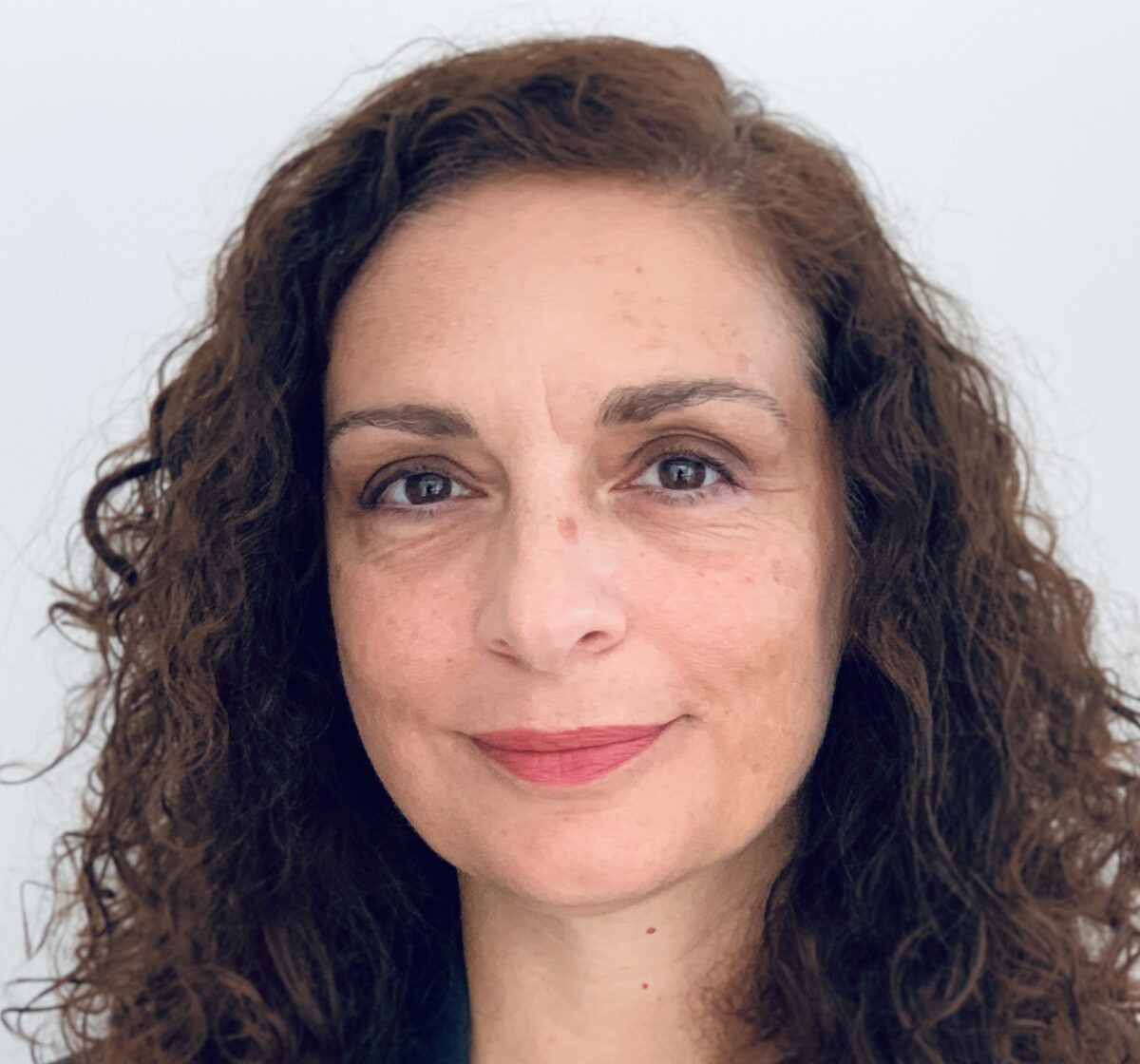
Vlora
Rexhepi-Van der Pol
Panel 2: QIA technology forum: engaging with quantum internet ecosystem
Vlora Rexhepi – van der Pol is currently managing the innovation and leading the coordination of the Quantum Internet Alliance (QIA). She is a senior expert with experience in research, design, and standardization of mobile communications interworking between 2G/3G/4G, Internet Quality of Service signaling and provisioning, Industry 4.0 and most recently hyperloop – a new mode of transportation. She holds an Engineering Doctorate (EngD) from the University of Twente and an electrical engineering degree (Dipl.Ing) from University of Prishtina. Previously as
Head of Standardization she led the standards and regulatory framework development for hyperloop at Hardt in the Netherlands. In this role she was the chairperson of the Dutch Standardization Committee for hyperloop. Prior to that she has been part of Nokia and Ericsson wireless research and 3GPP / IETF standardization R&D teams in
Finland and the Netherlands.
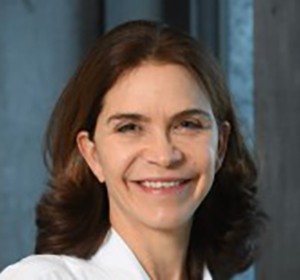
Kelly
Richdale
Panel 1: Mitigating the risk of quantum computers to cryptography
Kelly Richdale is an independent Board Director & Advisor with a portfolio of international mandates based on technology innovation, digital transformation & GoToMarket in regulated industries – notably focussing on quantum, AI, blockchain/ crypto & cybersecurity.
Kelly Richdale is a Senior Advisor for SandboxAQ, a spin-off of Alphabet working at the nexus of AI and Quantum technology (AQ). She is a Quantum Fellow at the World Economic Forum, a Venture Partner at Amadeus Capital Partners and a Board member for a leading Swiss health insurance company.
Previous she was a member of the Innovation Council of Innosuisse, the Swiss federal innovation agency. She was also on the executive team of Libra Networks (aka Diem), Meta’s blockchain based payment system. She holds an MBA from INSEAD and a CISSP in Cybersecurity.
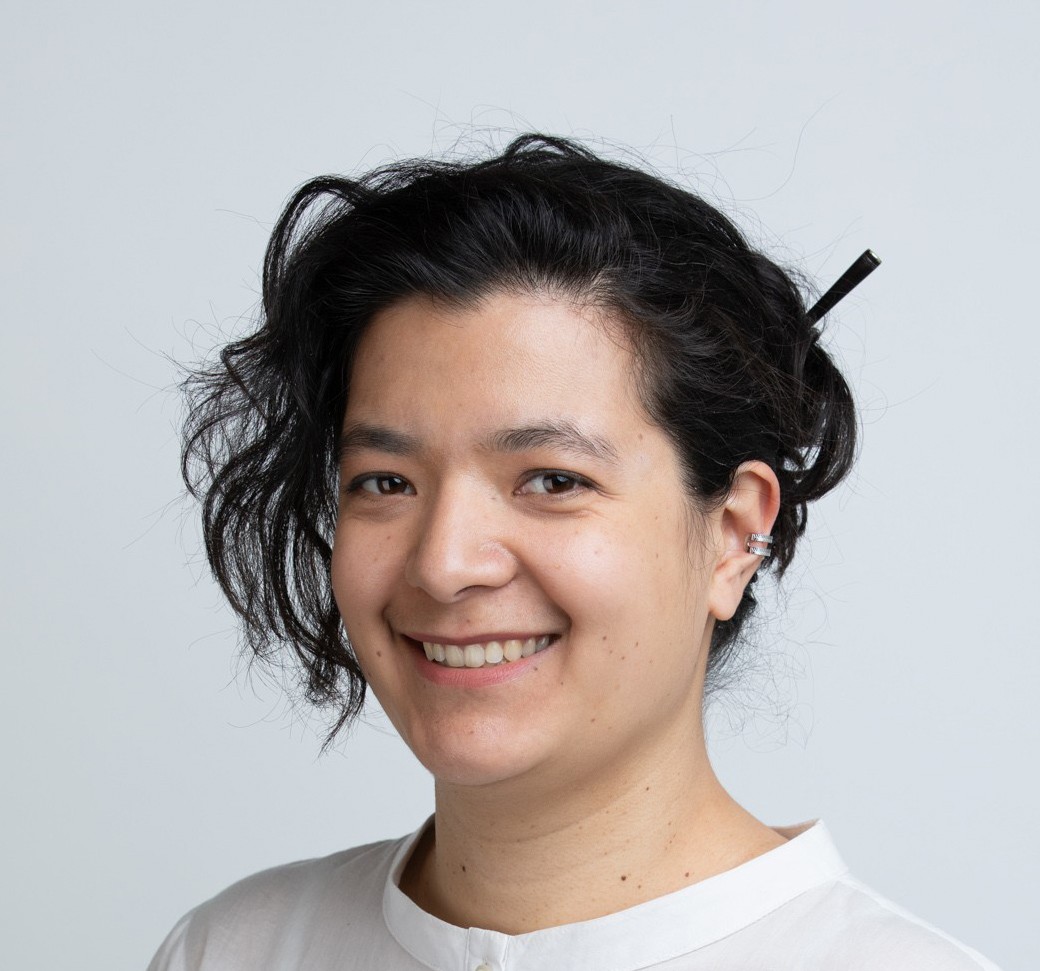
Isabelle
Riou
Panel 1: Networked QCs: What technologies do we need?
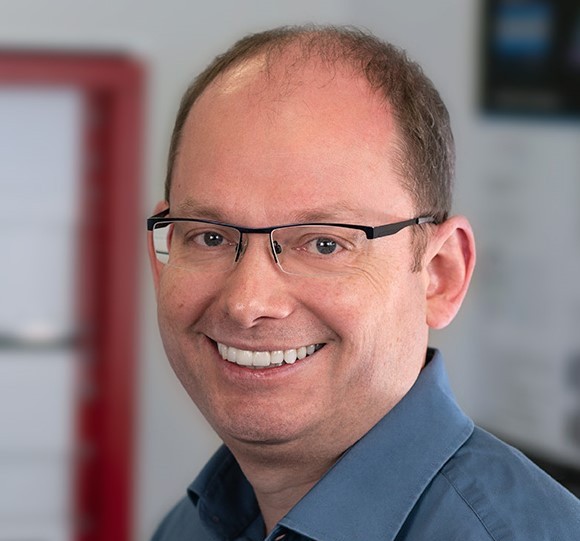
Stephan
Ritter
Panel 2: QIA technology forum: engaging with quantum internet ecosystem
Panel 3: Quantum Network Enabling Technologies
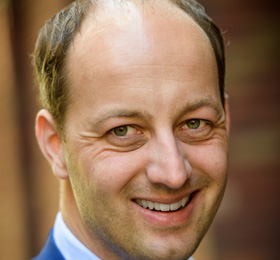
Jesse
Robbers
Panel 3: European QKD: Infrastructure and applications
Panel 2: Quantum technology programs and testbeds: Europe and the EU
Jesse Robbers is “Co-Founder & Director” at QuantumDeltaNL. This institution was established by the Dutch quantum ecosystem of companies, knowledge institutes and governmental institutions, to accelerate the leading role of the Netherlands in quantum technology. Besides his activities in the Quantum domain he is Sr. Business Consultant at TNO ICT with specialism in the field of Digital Infrastructure, Internet, Cloud and Media.
In the past Jesse was CCO at the “Amsterdam Internet Exchange (AMS-IX)” and “Technical Director Benelux” at “Ericsson Broadcast and Media Services”. He fulfilled various roles at KPN, focusing on internet distribution networks and media propositions. Jesse has held several positions in organisations to stimulate new international and joint industry developments, like “Digital Infrastructure Nederland (DINL)”, the “Dutch Media Hub (DMH)” and “Consortium Board Member” at the “National Agenda Quantum Technology (NAQT)”
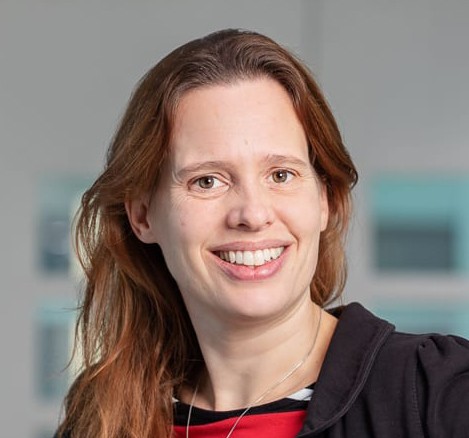
Ingrid
Romijn
Panel 1: QKD in the real world
Panel 1: A quantum threat reality check
Ingrid is one of the co-founders of Q*Bird, a startup (2022) from QuTech. Q*Bird’s mission is to provide equipment for the current, and future quantum internet.
Ingrid Romijn holds a PhD in physics and has previously worked at TNO as researcher, project lead and program manager on solar cells technology and at QuTech (a collaboration between TU Delft and TNO) as program manager and coordinator of the quantum internet division. Moving technology.
from the laboratory and fundamental research environment into society, while acquiring new projects and securing intellectual property, are important facets of her work.
While at QuTech, Ingrid was part of the team to create and write the Dutch National Agenda for Quantum Technology and from 2020 – 2022 Ingrid also worked for the Quantum Delta Foundation as program manager for the National Quantum Network (CAT-2) program.
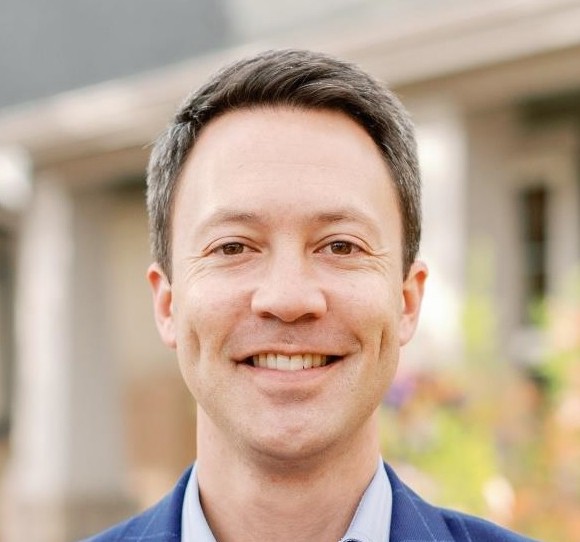
Trevor
Rudolph
Panel 1: Quantum technology policy: geopolitics and technological advancement
Trevor H. Rudolph is the Vice President for Global Digital Policy & Regulation at Schneider Electric where he directs the corporation’s technology policy and regulatory affairs strategy in North America, Europe, and Asia. Prior to joining Schneider Electric, Rudolph served for five years as the Chief of the Cyber and National Security Unit at the White House. Rudolph is a two-time winner of the Federal 100 Award, and was recently appointed to the DOE-NARUC Cybersecurity Advisory Group to develop recommendations for cybersecurity baselines applicable to electric distribution utilities. As a former government official, Rudolph advises global policymakers on crafting technology policy that balances the interests of both consumers and industry. Rudolph earned a Bachelor of Arts in Government from William & Mary and a Master of Arts in International Business and Policy from Georgetown University.
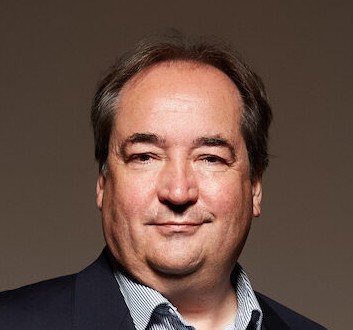
Peter
Ryan
Panel 2: Quantum technology programs and testbeds: Europe and the EU
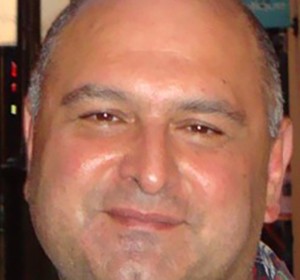
Babak
Saif
Session 5: The promise of space in the quantum internet
Babak Saif is an optical physicist at NASA/GSFC and program scientist for quantum communications at NASA/HQ. He is also an Adjunct professor at the University of Arizona College of Optical Sciences. He received his first Ph.D. from the Catholic University of America in biophysics and his second Ph.D. in optical interferometry from the University of Arizona College of Optical Sciences. He is the recipient of the Exceptional Technology Development medal for the Opto-Mechanical sub-Nano-meter characterization of the JWST and the Exceptional public service medal for the development of the Specialized Speckle interferometry of large structures. He has served as the chief optical metrologist for the JWST, instrument scientist for atom interferometry gravity gradiometer for time varying gravity earth measurements, and recently as the program scientist for development of a space quantum link with the objective of swapping entanglements between long distance observatories.
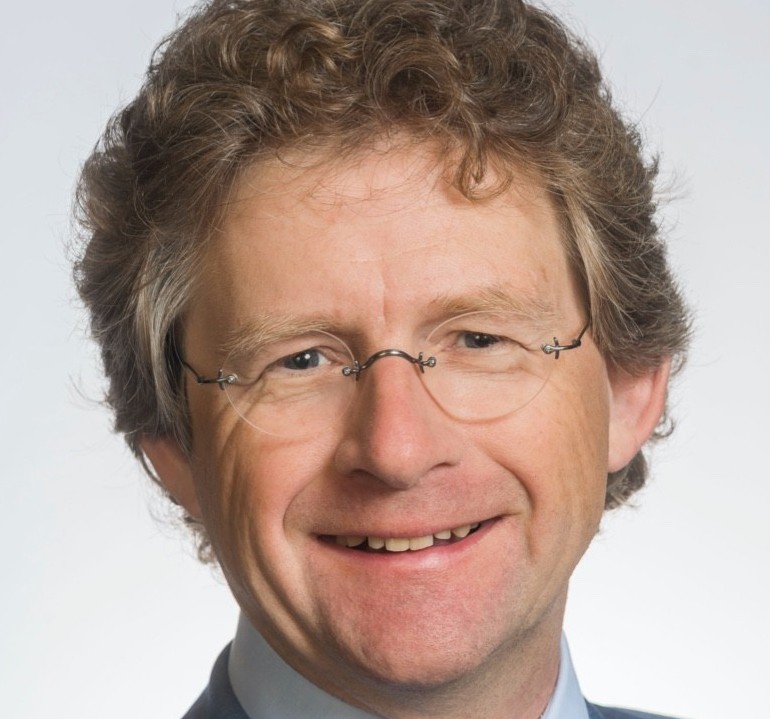
Michiel
Scheffer
Opening keynote
From June 1st 2023, Michiel Scheffer is President of the Board of the European Innovation Council, appointed by the European Commission. He is dedicated to technological progress and innovation in its transformative power for a better society and for new generations. He is dedicated to scaling up, but also to diligently remove barriers to breakthrough and wide adoption.
Michiel Scheffer, a Dutch national, has three decades of experience in business, academia and public policy. He is equipped with a wide network in the world of research and innovation and has a remarkable professional experience of more than 20 years in the field of innovation, including on breakthrough technologies, disruptive innovations, start-ups impact investment.
Since 2000, he is the Founder and CEO of Polisema BV, which worked as adviser and investor for start-ups (in ICT, technical textiles, medical textiles, medical devices, energy storage, biorefinery). From 2000 until 2015, he was the Founder and CEO of Noéton Policy in Innovation BV, which was providing consulting services to firms in a range of areas including innovation management, program management and public affairs. In this capacity, he designed and managed several EU Funded Projects. He was three times elected regional party leader. As regional Minister of Gelderland, he was nominated for best regional politician in the Netherlands in 2018. In that capacity he was responsible for an ERDF Program and for Interreg DE-NL and member of the Committee of the Regions.
He worked with over 20 universities, and more than 200 partners across the EU in large R&D Projects and he is the author of more than 100 publications: scientific articles, edited books, newspaper opinions. He authored a PHD dissertation at the Utrecht University on ‘Trading Places, fashion, retailers and the changing geography of clothing production, a study on Netherlands, Belgium, France and UK’.
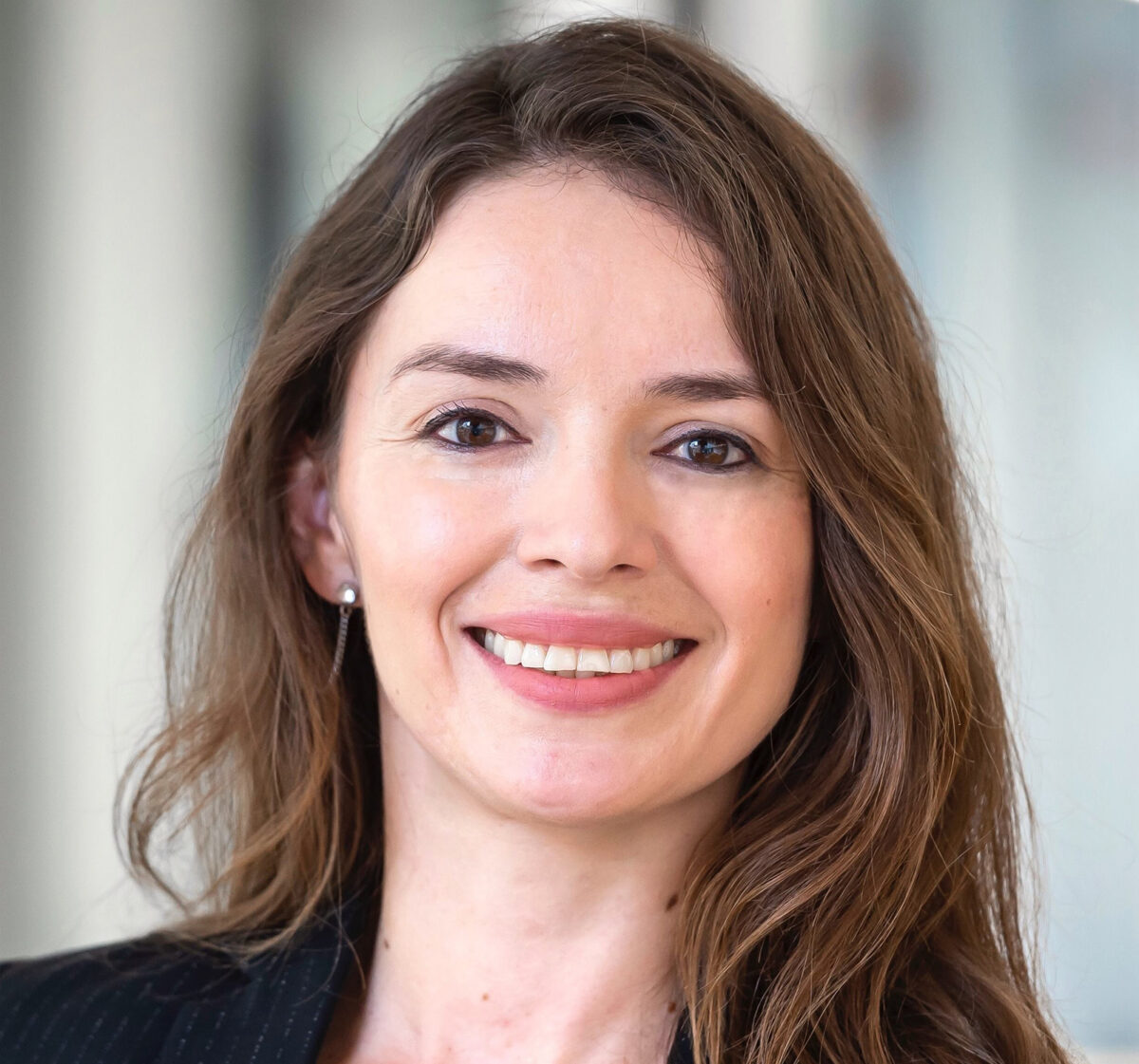
Johanna
Sepulveda
Panel 3: European QKD: Infrastructure and applications
Johanna Sepúlveda received her M.Sc. and Ph.D. degrees in Electrical Engineering – Microelectronics by the University of São Paulo, Brazil. She was a Senior Researcher in the area of security and emerging technologies at the University of South Brittany (France), INRIA (France) and at the Technical University of Munich (Germany). Currently she holds a position as the Airbus Expert on Quantum-Secure Technologies, being Chief Engineer of different European quantum initiatives such as the European Quantum Communication Infrastructure (EuroQCI). Also she is a member of the Strategic Advisory Board of Quantum Technologies for the European Commission and leader of the Strategic Industry Roadmap at the Quantum Industry Consortium (QuIC). She has more than 15 years of experience in R&T and R&D in the area of security, networked systems, HPC and quantum technologies.
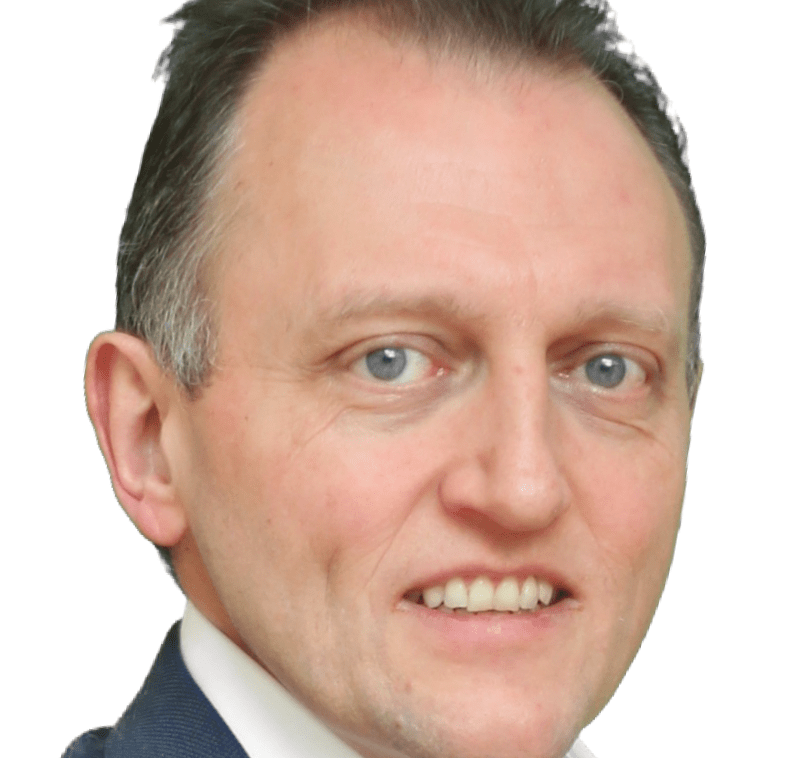
David
Shaw
Talk 3: A quantum safe future
Panel 1: QKD in the real world
David Shaw has worked extensively across a wide range of sectors including Technology, Healthcare, Energy and Financial Services. He has held a number of senior executive roles in public and private companies. David studied Physics at Oxford, and has a PhD in Physics from UCL. He is a member of the Institute of Physics. David founded Fact Based Insight to provide insight and advisory services across the quantum technology sector. Now combined with the Quantum Computing Report and Interference Advisors, that journey continues as Global Quantum Intelligence.
Chief Analyst – Global Quantum Intelligence
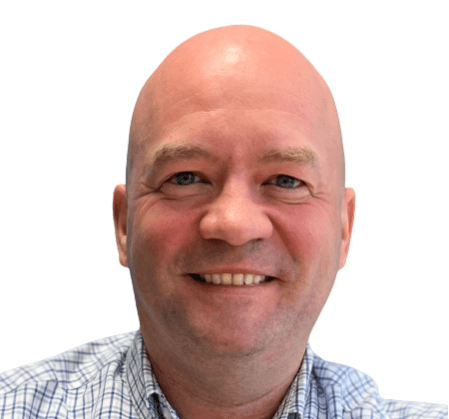
Maxim
Shvedov
Talk: QKD Solutions development: from concept to implementation
Maxim Shvedov is the Business Development Manager for Quantum Applications at Keysight Technologies in Böblingen, Germany.
Maxim graduated from Moscow State Technical University in 1999 with a degree in optical engineering and has earned 20 years of experience as a sales and business development manager in Test and Measurement solutions.
At Keysight, Maxim supports quantum technology innovation by collaborating with researchers and industry leaders to bring revolutionary solutions to the market.
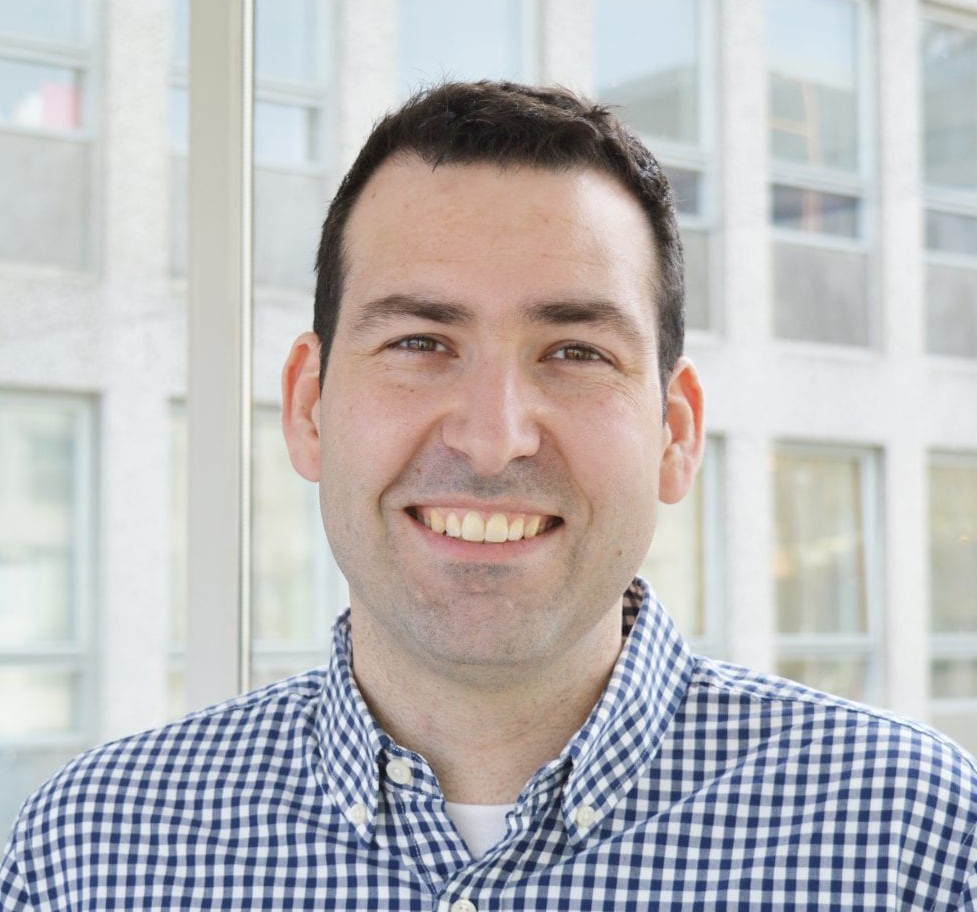
Josh
Slater
Panel 2: Emerging quantum network industries
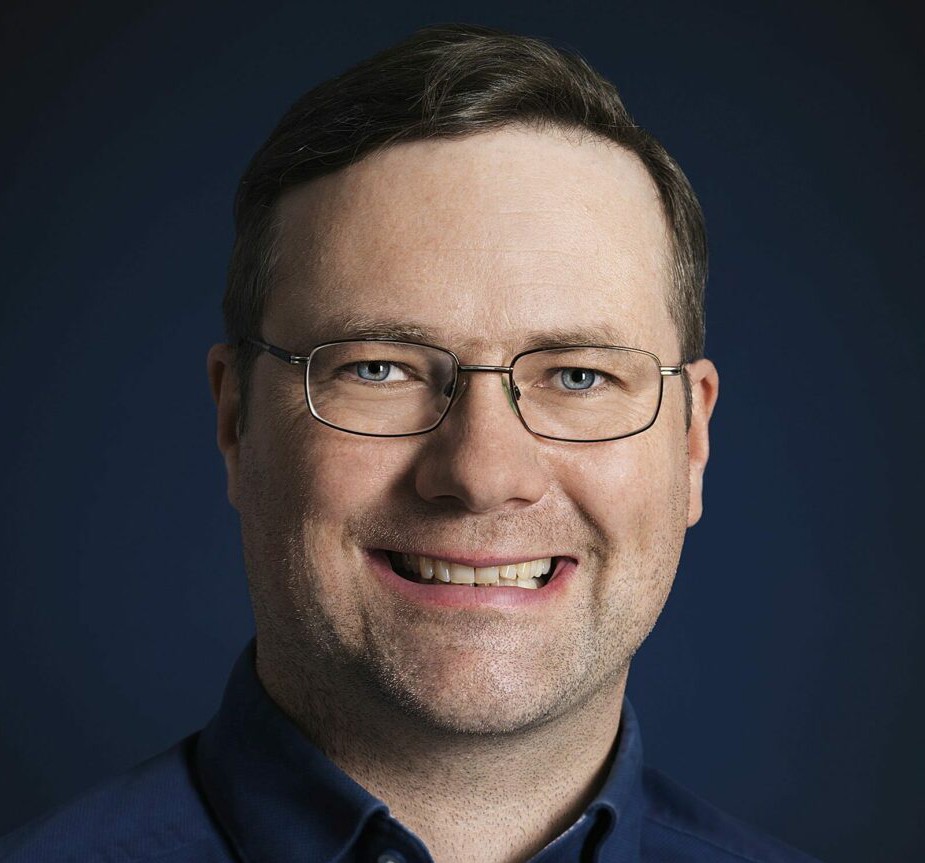
Nicolas
Spethmann
Panel 2: Quantum technology programs and testbeds: Europe and the EU
Dr. Nicolas Spethmann obtained his PhD in 2012 in the group “quantum technology with single neutral atoms” at University of Bonn. Subsequently he obtained a Marie-Curie outgoing fellowship of the European Commission at University of California, Berkeley performing research dealing with force sensing at the quantum limit and quantum-limited coupling of cold atomic gases via photons. He joined Physikalisch-Technische Bundesanstalt (PTB), Germany’s National Metrology Institute, in 2017 working on quantum logic spectroscopy. From 2020 – 2023, he served as vice-chair of the focus group quantum technology of CEN-CENELEC resulting in a roadmap on standardization for QT. Nicolas now co-chairs the newly established CEN/CENELEC «Joint Technical Committee 22 Quantum Technology» that builds on this work. Since 2021 he further acts as vice-chair of IMEKOs technical committee 25 “quantum measurement and information” fostering international collaboration in Quantum Technology.
In his role as head of Quantum Technology Center (QTZ) at PTB, Dr. Spethmann spearheads collaborative efforts that bridge the gap between fundamental quantum research and real-world applications by developing and providing metrology for quantum technology. QTZ coordinates several related actvitites, as for instance the « Umbrella Project Quantum Communication Germany SQuaD », the « Cluster for Future QVLS-iLabs » and the QT Hightech-Incubator « QVLS-HTI ».
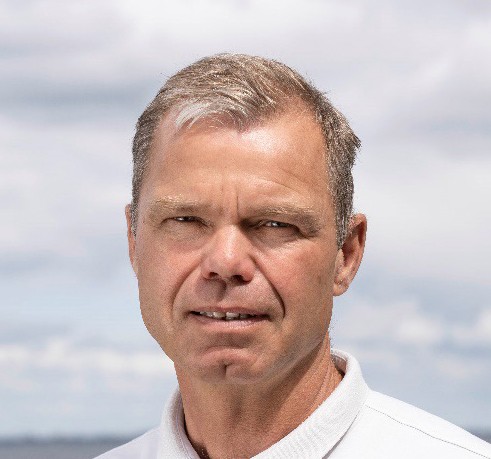
Kurt
Stokbro
Panel 2: Emerging quantum network industries
Dr Kurt Stokbro(KS) CEO of Sparrow Quantum, is an internationally recognized researcher, tech investor and serial entrepreneur. He is a major shareholder of Sparrow Quantum, a Photonics Quantum company founded by Peter Lodahl out of the Niels Bohr Institute. Sparrow is a leader within light-matter interfaces and its key products are deterministic single photon sources with record purity, indistinguishability, and efficiency. Besides Sparrow, KS is involved in a number of high tech startups as investor, board member and advisor. He founded KS Atomistix A/S in 2003 and QuantumWise A/S in 2008, both software companies developing quantum chemistry simulation tools (QuantumATK) for semiconductor devices. The tools are today used by most of the leading semiconductor companies and QuantumWise was in 2017 acquired by Synopsys. KS has previously held a professorship at Copenhagen University and positions at Technical University of Denmark, where he has coordinated a number of EU and Danish-funded R&D projects. Dr. Stokbro has published more than 100 papers and review articles in international journals with +13000 citations and a h-index of 44. The scheme for ab initio calculations of quantum transport, developed by Dr. Stokbro and co-workers, has become the de facto standard for electron transport calculations and laid the foundation for QuantumWise A/S and Atomistix A/S. The corresponding research article was recognized as one of the 50 most important papers in the 50 year history of Physical Review B.
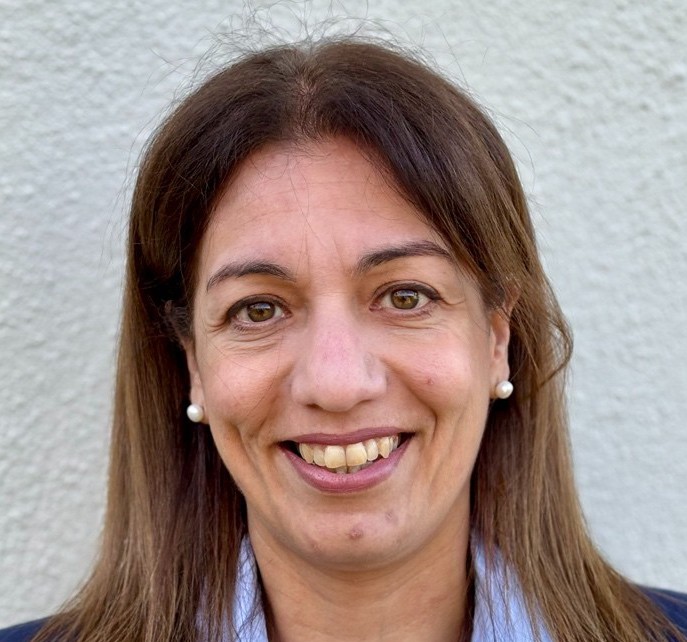
Tanya
Suarez
Panel 2: The quantum workforce
CEO and founder of IoT Tribe, an equity-free tech ecosystem builder that brings start-ups and corporates together to do business with hubs in London/Barnsley- Industrial Tech, Singapore-Deeptech and Madrid-Space tech..
I also run BluSpecs a digital transformation agency that works with companies and public sector organisations at the intersection of advanced technology adoption, skills and regulation.
Our work includes tech strategy, venture building, market exploration for new tech products and tech policy briefs.
I am a member of the European Innovation Council, an initiative that provides up to 3M€ in non-dilutive funding and up to 15M€ to game-changing startups and SMEs from the UK, Europe, Israel and Turkey. I am also a WEF European Digital Leader,, a member of Tech London
Advocates Tech Quantum Advocates and Tech Spain Advocates.
I am on the board of the Alliance of Cloud, Edge and IoT Innovation (AIOTI), an industry body supporting the Cloud to Edge IoT ecosystem in Europe, and a governing board member of the Quantum Industry Consortium’s Governing Board and Chair of the Ecosystems Working Group.
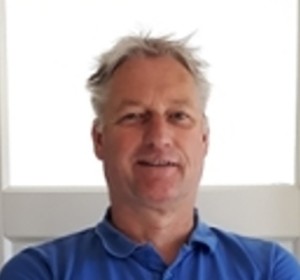
Marten
Teitsma
Panel 2: The quantum workforce
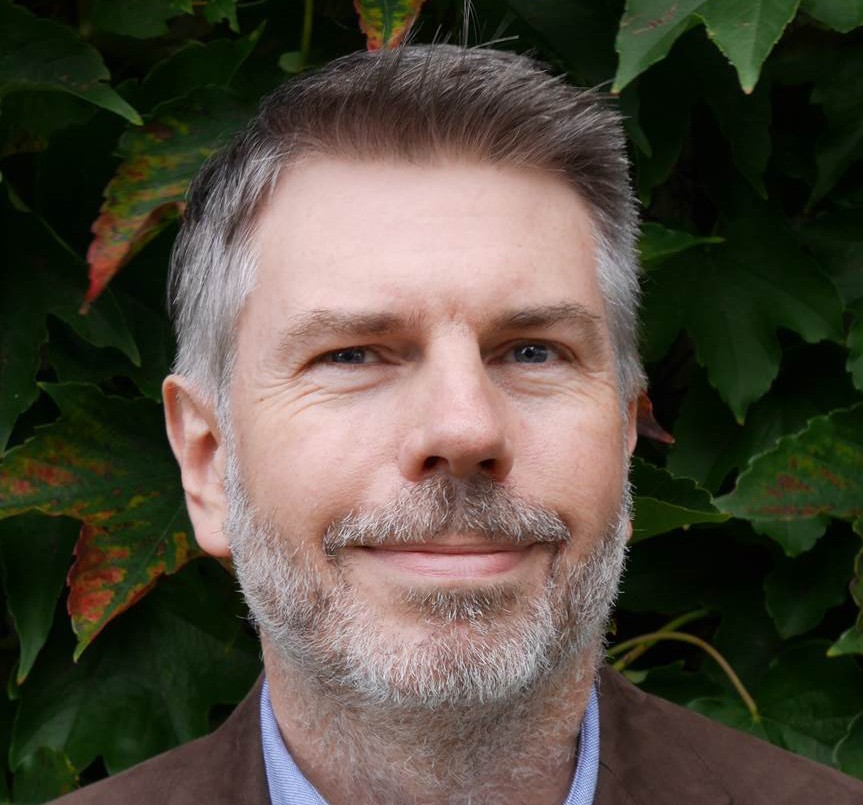
Andrew
Thain
Session 5: The promise of space in the quantum internet
Andrew Thain occupies the position of ‘Expert in Quantum Communications and Quantum Information Systems’ at AIRBUS. He has been the technical lead of several major projects in the area of Quantum Technologies and Quantum Key Distribution, including QOSAC (architecture of a European Quantum Communications Infrastructure) and QUBITS (design of a QKD space segment). He has previously worked in both experimental and theoretical physics and holds a PhD from the University of Bristol (UK).
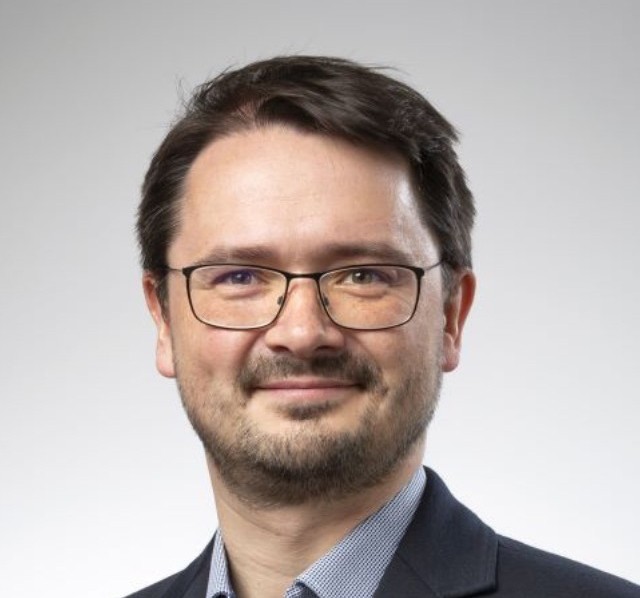
Juris
Ulmanis
Panel 1: Networked QCs: What technologies do we need?
Dr. Juris Ulmanis leads the research and development activities at Alpine Quantum Technologies GmbH, focusing on developing and building universal quantum computers based on trapped-ion technology. He coordinates the company’s engagement in collaborative R&D projects and develops technology and business strategy, drawing on his experience in quantum technologies and startups for more than 10 years. He realized the first European rack-mounted, trapped-ion quantum computer that is connected to the cloud and is deployed in HPC infrastructure, and he holds a doctorate degree (Dr. rer. nat.) in experimental physics from Heidelberg University.
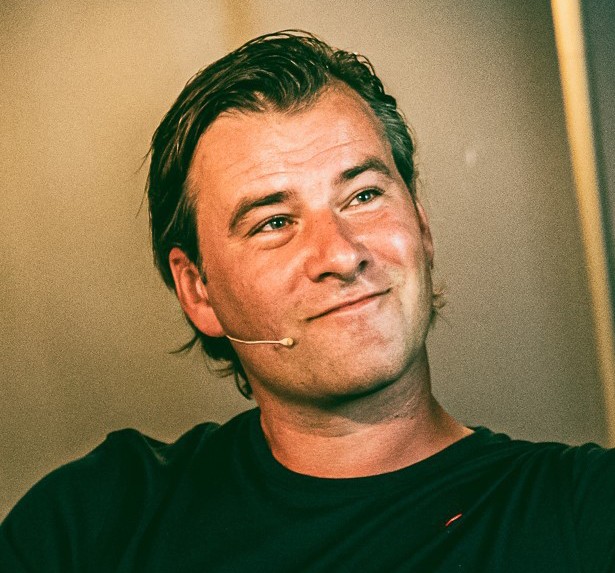
Ton
van 't Noordende
Panel 3: Quantum: funding the future
Panel 1: Quantum technology policy: geopolitics and technological advancement
Ton is the Managing Director of QDNL Participations, a €15 million specialist, early-stage fund within a community of expert quantum talent nurturing the next wave of quantum technologies to commercial success. Backed by Quantum Delta NL, QDNL Participations will invest €15 million into early-stage Dutch quantum technology startups in the coming years. It provides the bridge between the grant-giving phase of research and the ‘patient capital’ phase of venture investment, as well as impactful business and commercial support.
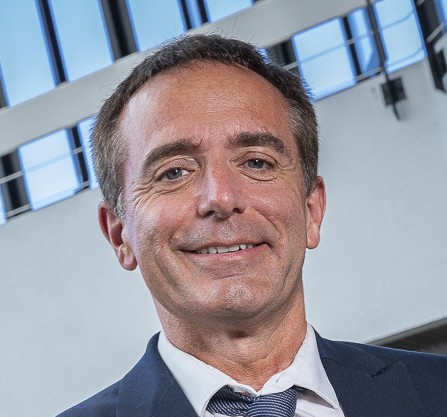
Mathias
Van Den Bossche
Panel 2: QIA technology forum: engaging with quantum internet ecosystem
Session 5: The promise of space in the quantum internet
Mathias Van Den Bossche holds a PhD in Quantum Many-body systems from Sorbonne Université. After a few years working in academia across Europe, he moved to space industry with Thales Alenia Space. There he developed a strong large system architect, integrator and programme manager, especially on Galileo and EGNOS. He is now in charge of the transverse research, technology and product policy of Thales Alenia Space, and coordinates the quantum communication roadmap accross the Thales group.
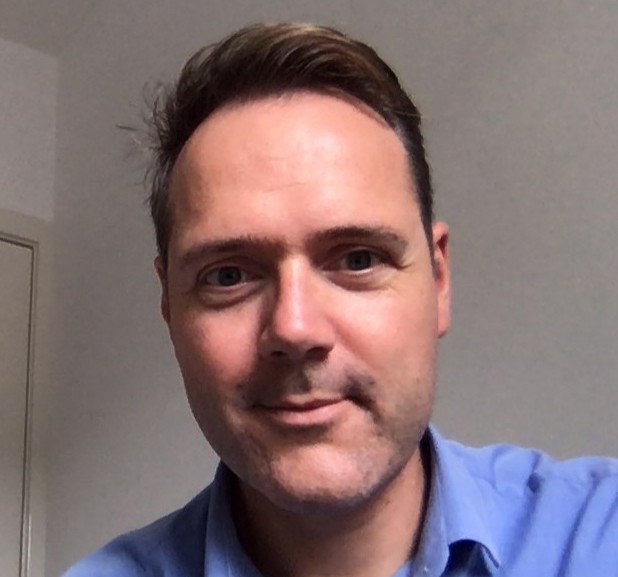
Ruben
van den Brink
Panel 1: The Quantum Internet: Chapter One
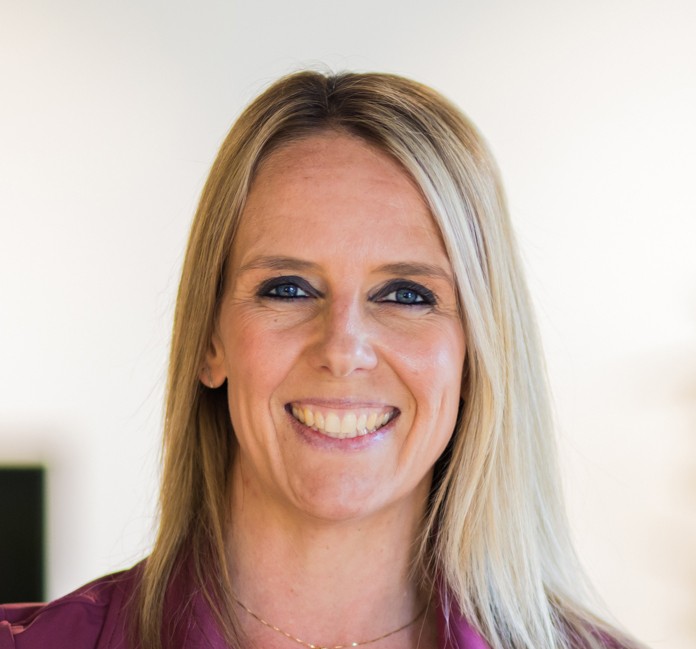
Josepha
van Kollenburg
Panel 2: The quantum workforce
Meet Josepha van Kollenburg, a dynamic and positive professional with a versatile background in strategic management, sustainability, sales, and program & project management. After serving as the Regional Program Manager at Quantum Delft for the South-Holland Province since 2022, she recently joined Quantum Delta NL as program manager for Action Line 2 and Quantum 4 Business. She excels in enhancing interaction within the quantum ecosystem and will focus on getting more end-users involved in the quantum technology field. Previously, as the Director of Fieldlab Industrial Electrification, Josepha led initiatives focused on sustainability strategies and the expansion of industrial networks to accelerate the development and implementation of innovative industrial electrification technologies within the Rotterdam-Moerdijk industrial cluster. With a background in the petrochemical industry, Josepha brings nine years of experience focusing on sustainability in the plastics industry. Her expertise in communications, public affairs, and project management is evident from her role at Plastics Europe, where she strengthened stakeholder connections and worked on improving the petrochemical industry’s reputation.
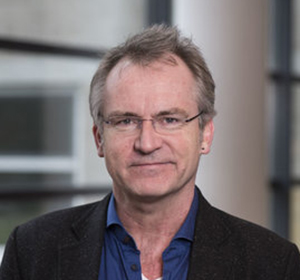
Pieter
Vermaas
Panel 1: Quantum technology policy: geopolitics and technological advancement
In 1998 Pieter Vermaas joined the Ethics and Philosophy of Technology Department of Delft University of Technology after obtaining his PhD on the philosophy of quantum mechanics at the Institute for History and Foundations of Science of Utrecht University. In Delft I helped creating the Dual Nature of Technical Artifacts research program (2000-2005), in which technical artefacts were analysed as having both structural and intentional natures, with functions playing an important role in relating these natures. From 2006 to 2010 I researched with an NWO VIDI fellowship the use of functions and functional decompositions in engineering design methods. My current research focusses on design and is aimed at analysing design methods for understanding what design is and for validating design methods. I helped launching the TU Delft Institute for Design for Values in 2017, and its aim to further the incorporation of moral, societal and legal values in technology through design is a key focus in my research on design methods.
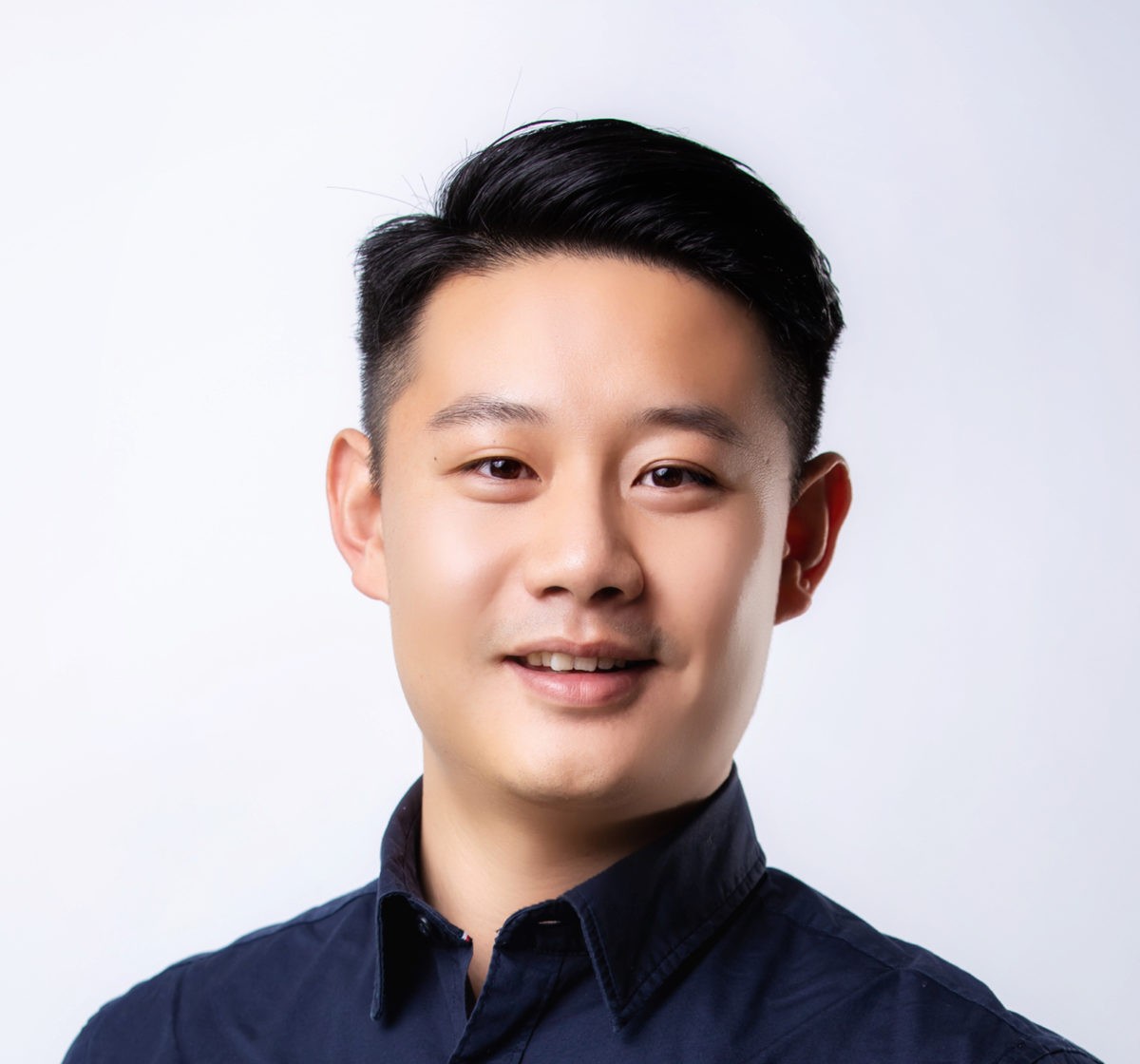
Dapeng
Wang
Talk 3: Integrating postquantum cryptography into the existing infrastructure
In 2024, Dapeng Wang, a researcher at ING Group known for his work in innovative technologies, is set to speak at the IQT conference in The Hague. Wang’s expertise spans a range of cutting-edge fields, including cryptography, blockchain, quantum computing, and R&D research, making him a notable figure in the realm of technological innovation.
Wang’s presentation at the conference is expected to delve into the applications of quantum computing in the finance sector and the development of post-quantum cryptography algorithms for industrial use. His work at ING Group, where he explores the intersection of quantum computing and financial services, positions him at the forefront of integrating advanced technology into practical, real-world applications. Conference attendees can look forward to gaining insights into how quantum computing is set to transform the finance industry and the progress in developing secure cryptography algorithms against quantum threats. Wang’s blend of academic research and industry experience offers a unique perspective on the challenges and opportunities of deploying quantum technologies in a commercial context, making his session particularly relevant for professionals in the finance and technology sectors.
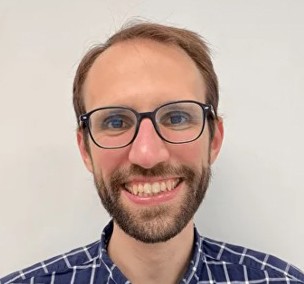
Matthew
Weaver
Panel 1: Networked QCs: What technologies do we need?
Matthew Weaver is currently leading the lab team at QphoX. Previously he researched optomechanics during his PhD in Santa Barbara and quantum networks at TU Delft. He is now working on the development of microwave to optics transducers for scaling up quantum computers.
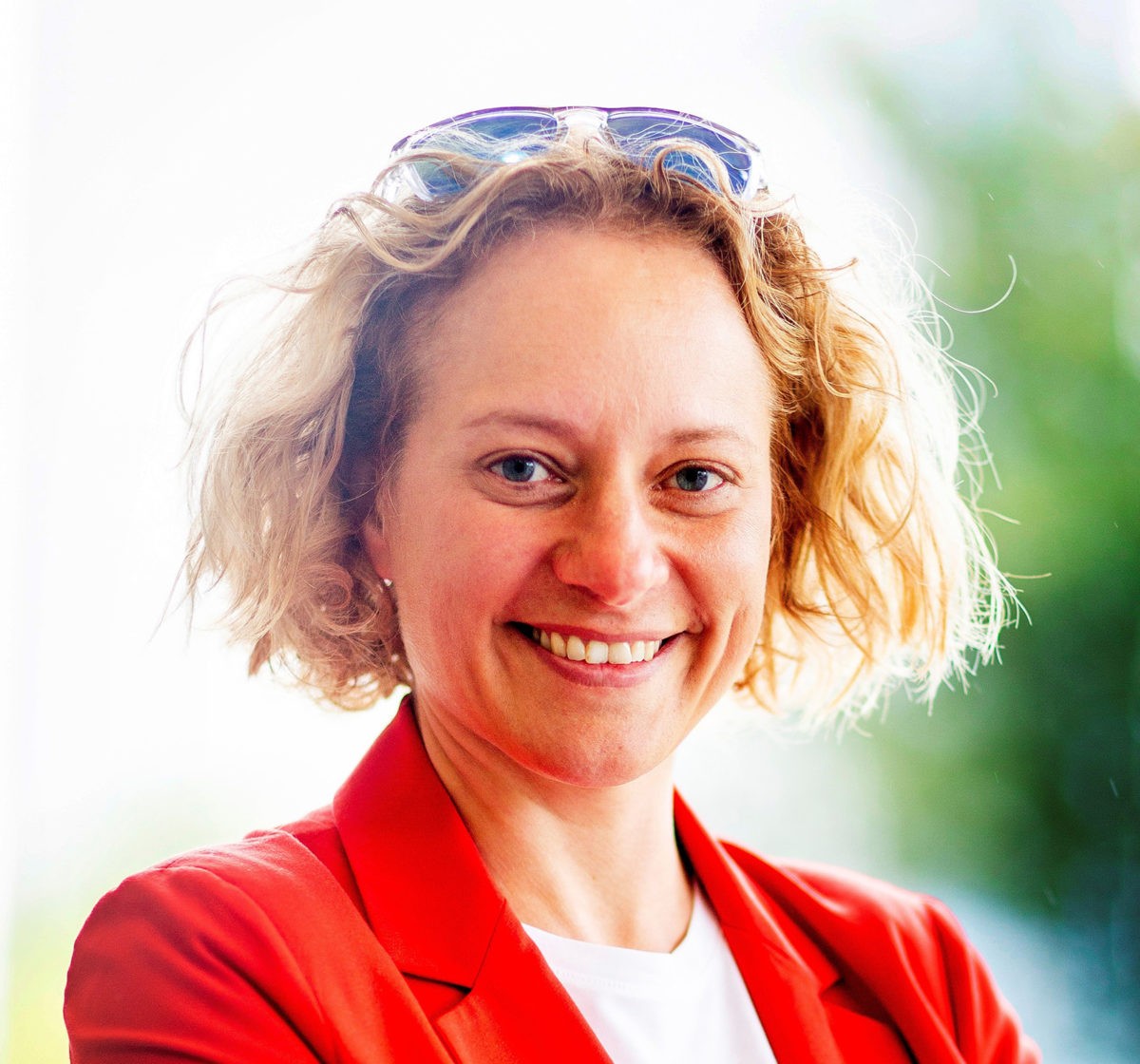
Stephanie
Wehner
Keynote: Paving the road to quantum internet
Stephanie is Antoni van Leeuwenhoek Professor in quantum information at Delft University of Technology, and the director of the European Quantum Internet Alliance. Her goal is to understand the world of small particles – the laws of quantum mechanics – in order to construct better networks and computers. Quantum bits behave quite differently than classical bits, and allow us to solve tasks that are provably impossible for any classical device. Stephanie has worked extensively in quantum cryptography and communication, and together with the Quantum Internet Alliance she is working on realizing a large scale quantum network.
Stephanie is a member of the Royal Dutch Academy of Arts and Sciences, has won an KNAW Ammodo award, and is one the founders of QCRYPT, which has become the largest conference in quantum cryptography. She has written numerous scientific articles in both physics and computer science. From 2010 to 2014, her research group was located at the Centre for Quantum Technologies, National University of Singapore, where she was first Assistant and later Associate Professor. Previously, she was a postdoctoral scholar at the California Institute of Technology in the group of John Preskill. In a former life, she worked as a professional hacker in industry.
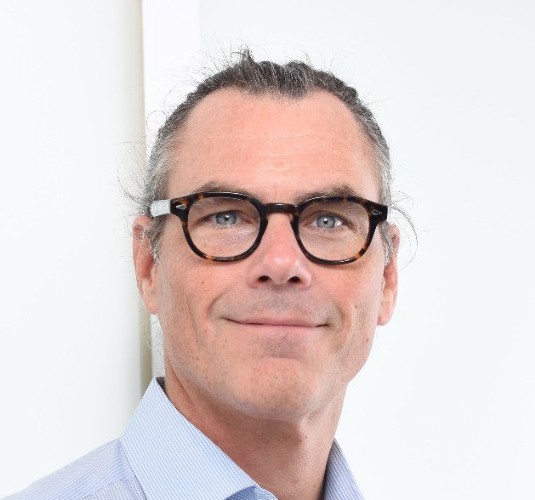
Jan
Westerhues
Panel 3: Quantum: funding the future
Jan Westerhues is Investment Partner with Bosch Ventures in Frankfurt, Germany. Jan is involved in all phases of the investment process and was/is board member of US, EU and Asian deep tech start-ups. He is investing in quantum technologies for several years, most prominently in IonQ and Quantum Motion Technologies. Prior to this position Jan was responsible for Bosch Corporate Strategy in the Asia Pacific region, based in Shanghai, China. He gathered extensive experience in strategy consulting before joining the Bosch Group. Jan holds a degree in engineering and business administration (Dipl.-Wirtsch.-Ing.) from the Technical University of Darmstadt, Germany and is a CFA charter holder. He speaks German, English, and Spanish fluently and has a basic knowledge of Mandarin.
RBVC is the corporate venture arm of Robert Bosch GmbH (www.bosch.com). The VC fund invests worldwide in start-up companies , investment focus is technology companies along the line of Bosch current and future business. RBVC provides capital for minority stakes in start-ups from early to expansion stage.
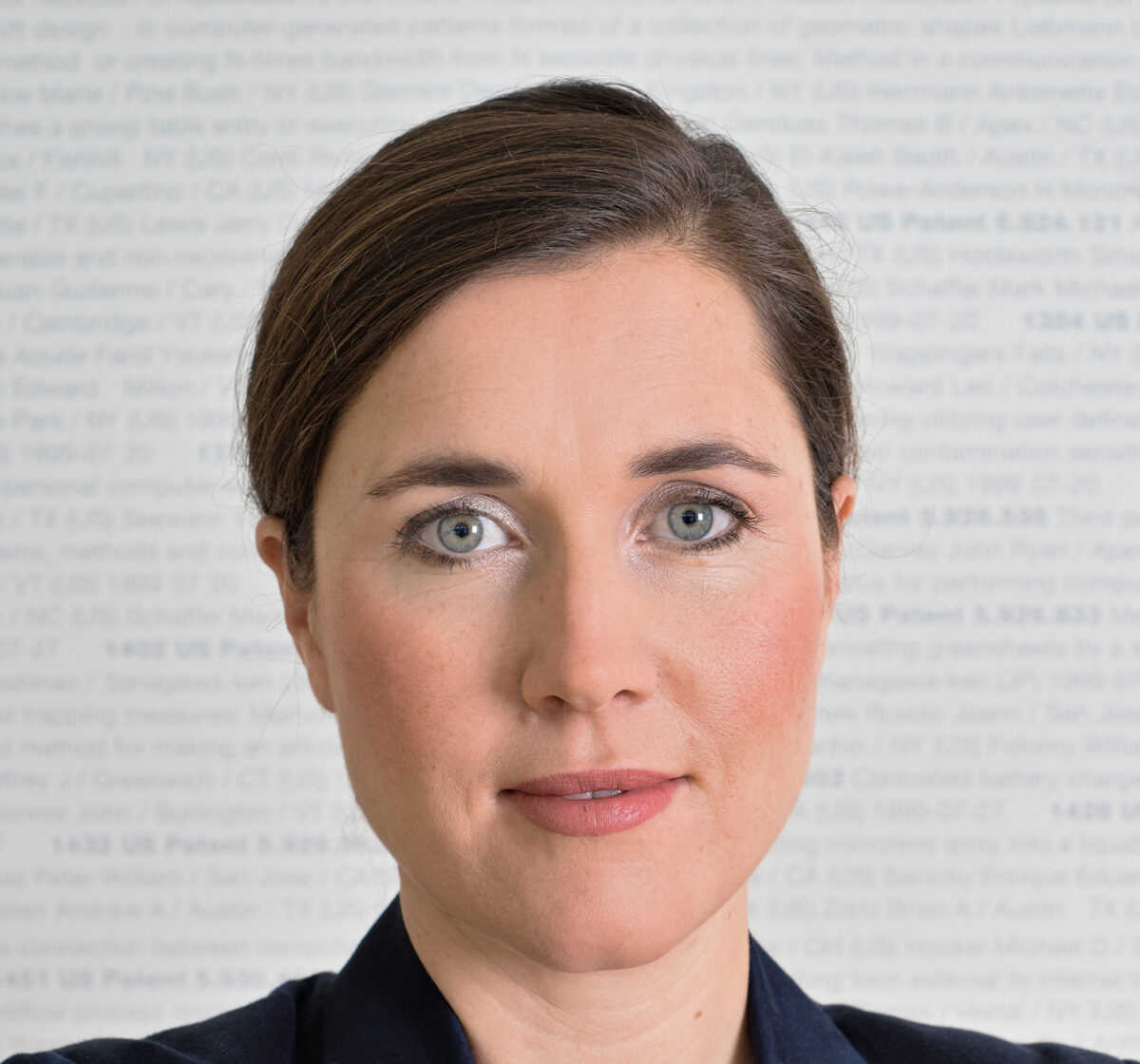
Mira
Wolf-Bauwens
Panel 1: Quantum technology policy: geopolitics and technological advancement
Dr. Mira L. Wolf-Bauwens leads the Responsible Quantum Computing effort in the Responsible & Inclusive Technologies Team at IBM Research. Mira also is a IBM Quantum Technical Ambassador. She brings with her experience in normative analysis, strategy and business consulting, development corporation, start-up leadership and digitalisation. Mira holds a PhD in Political Philosophy on institutional recognition and normative evaluation of emerging technologies from University of Zurich with Visiting Research Fellowships at Columbia University and University of Oxford.


